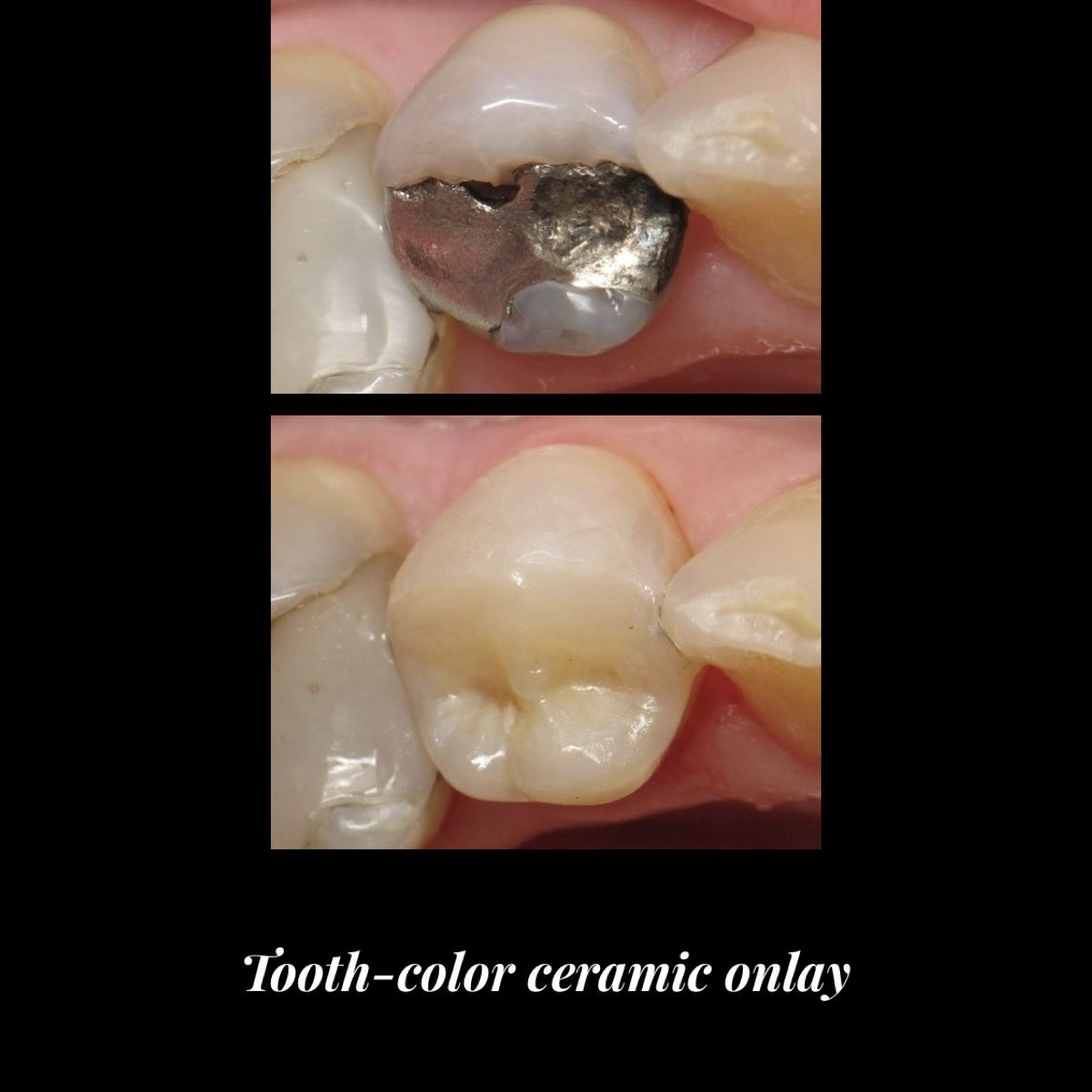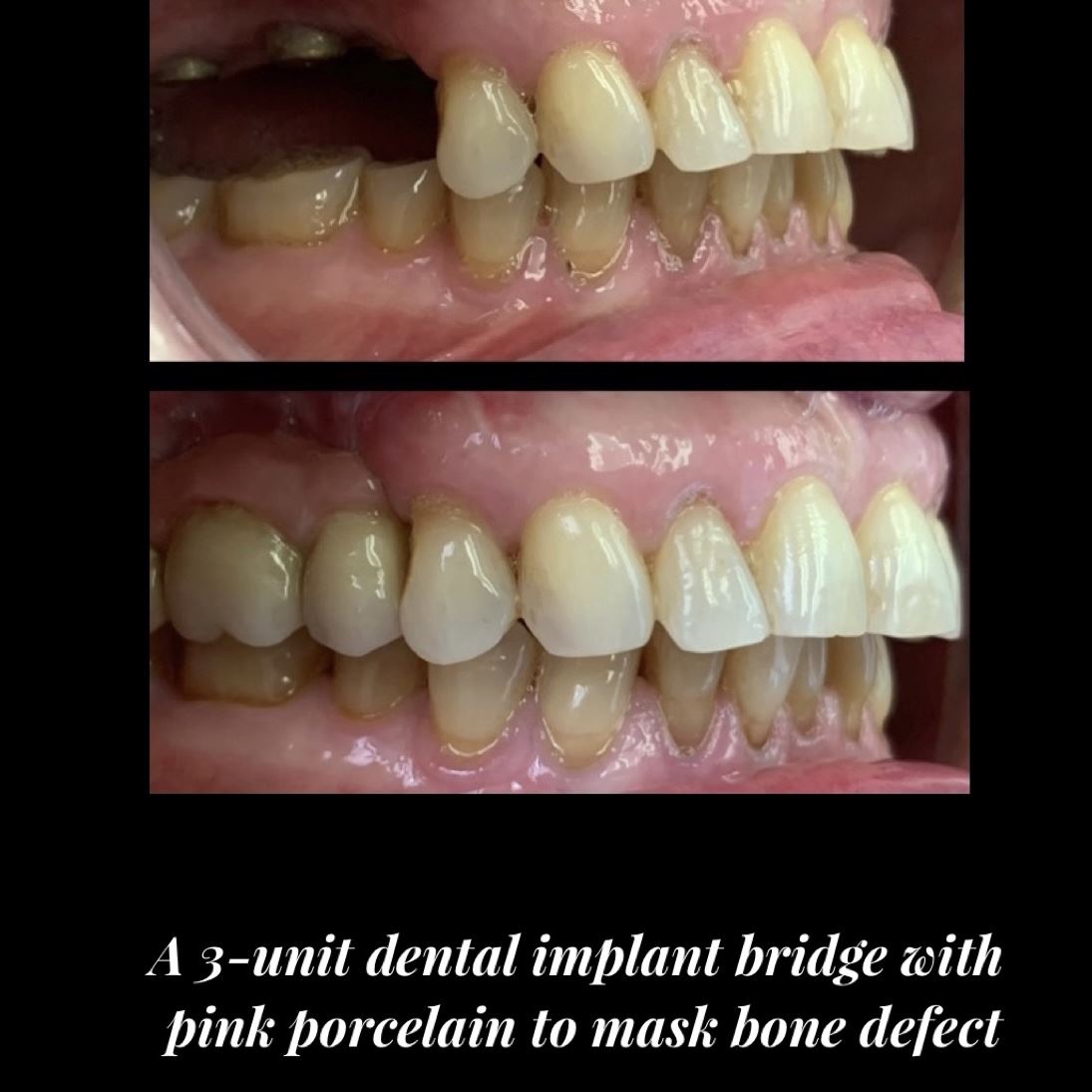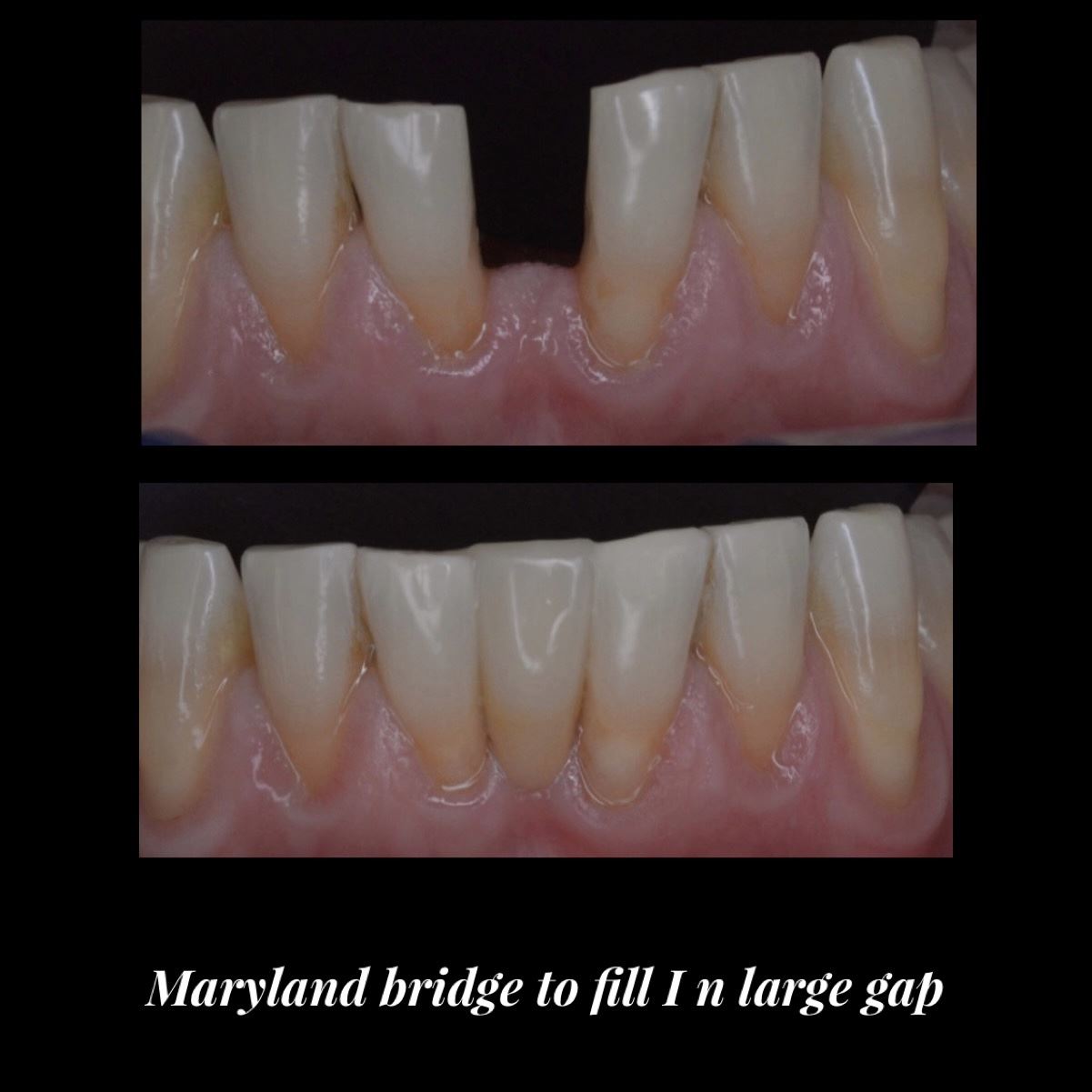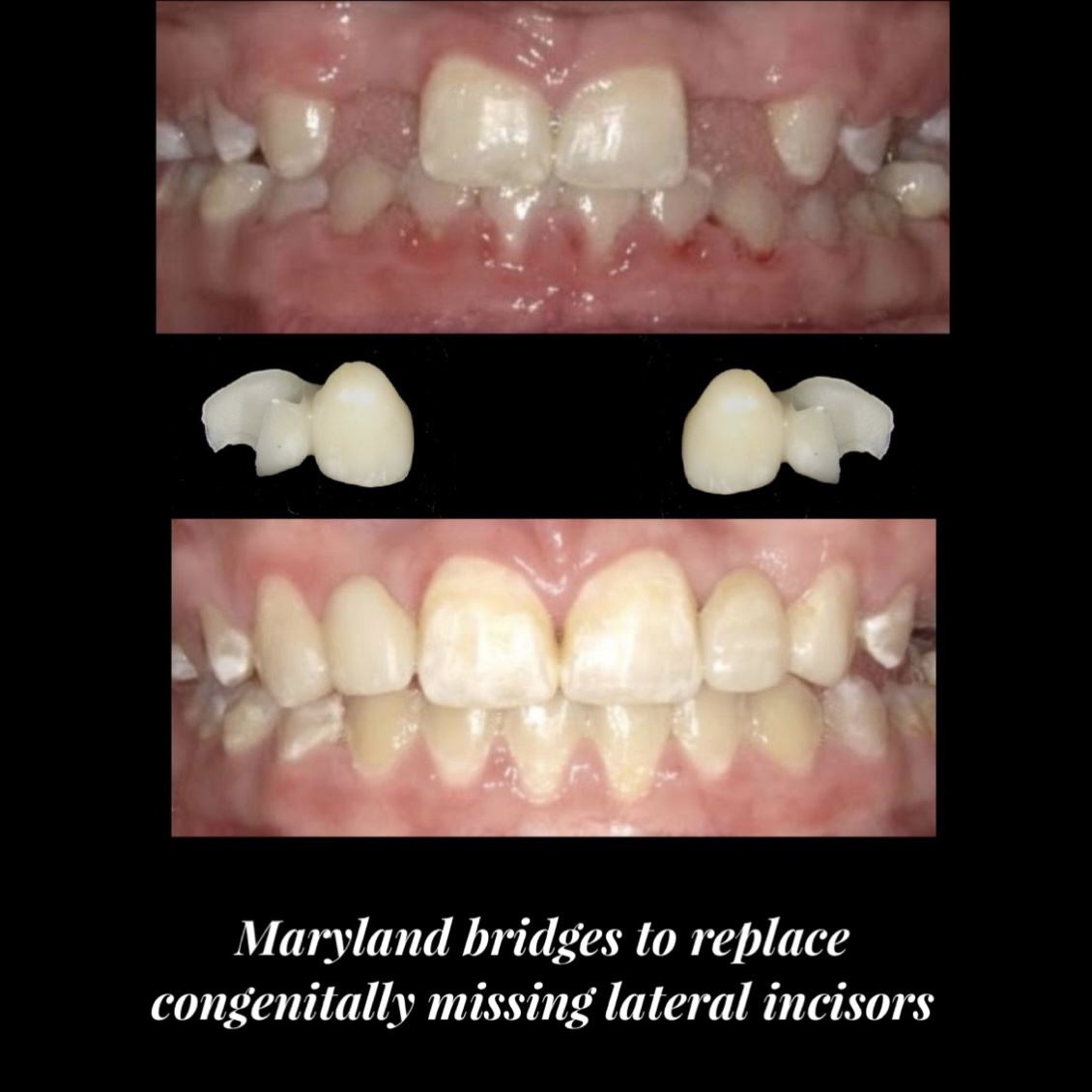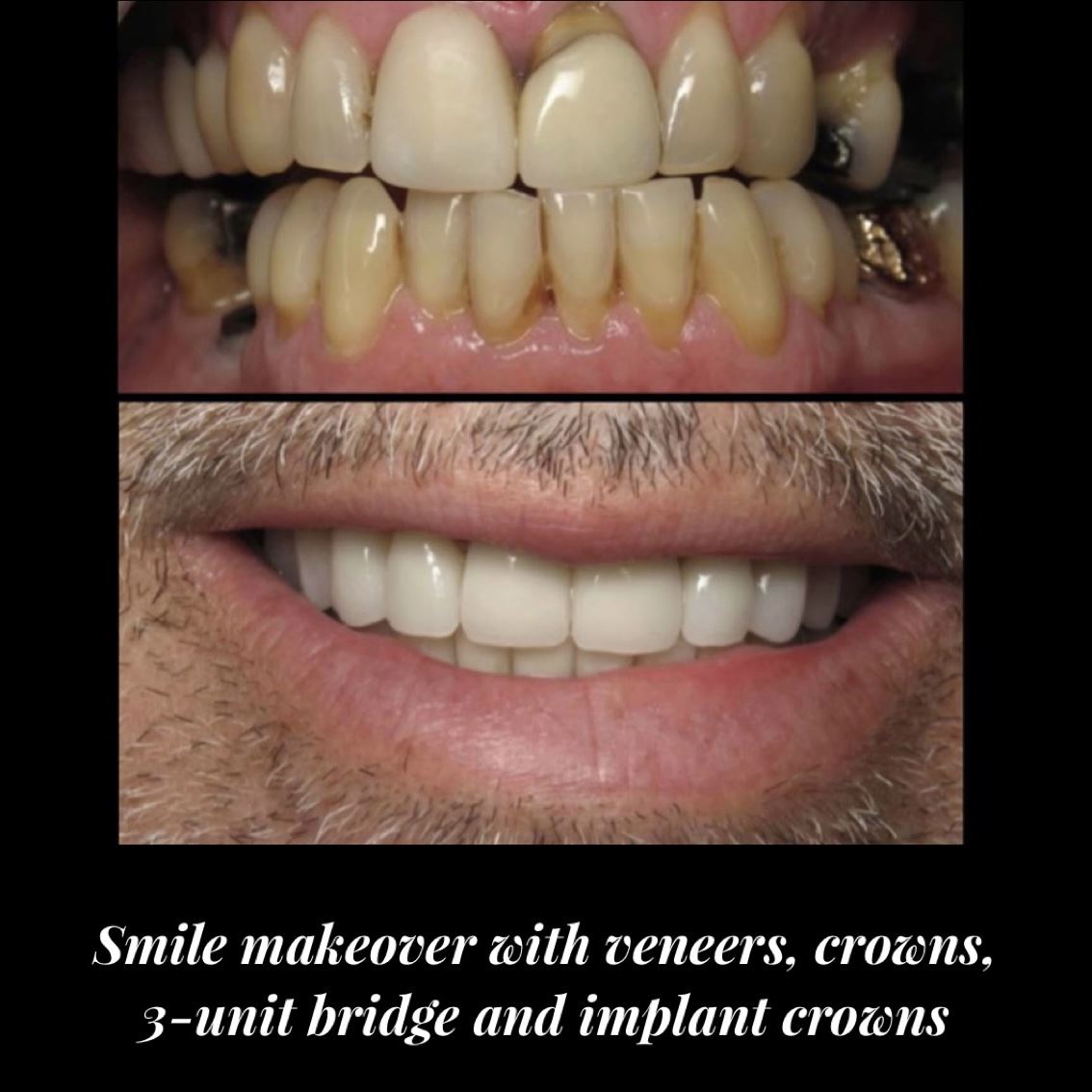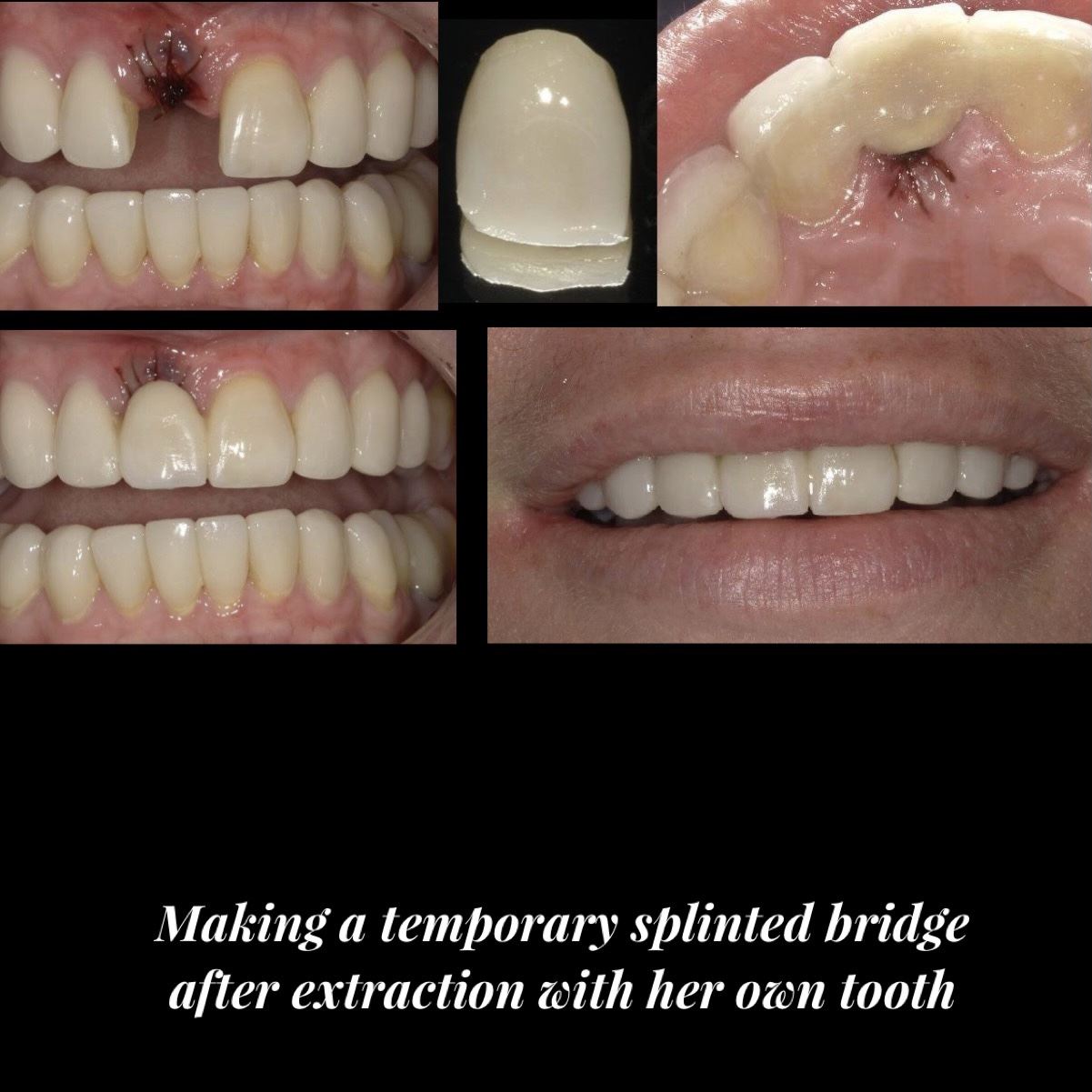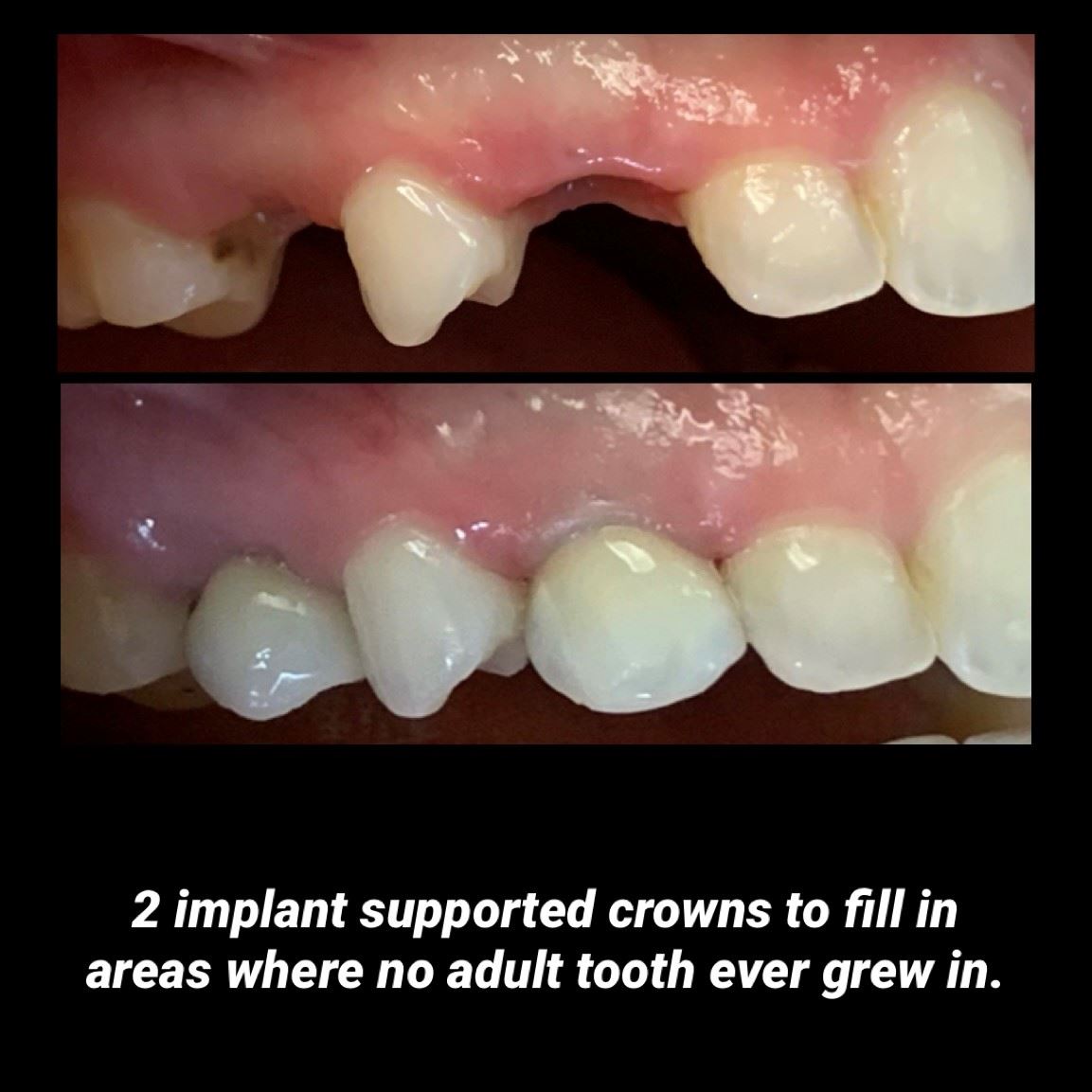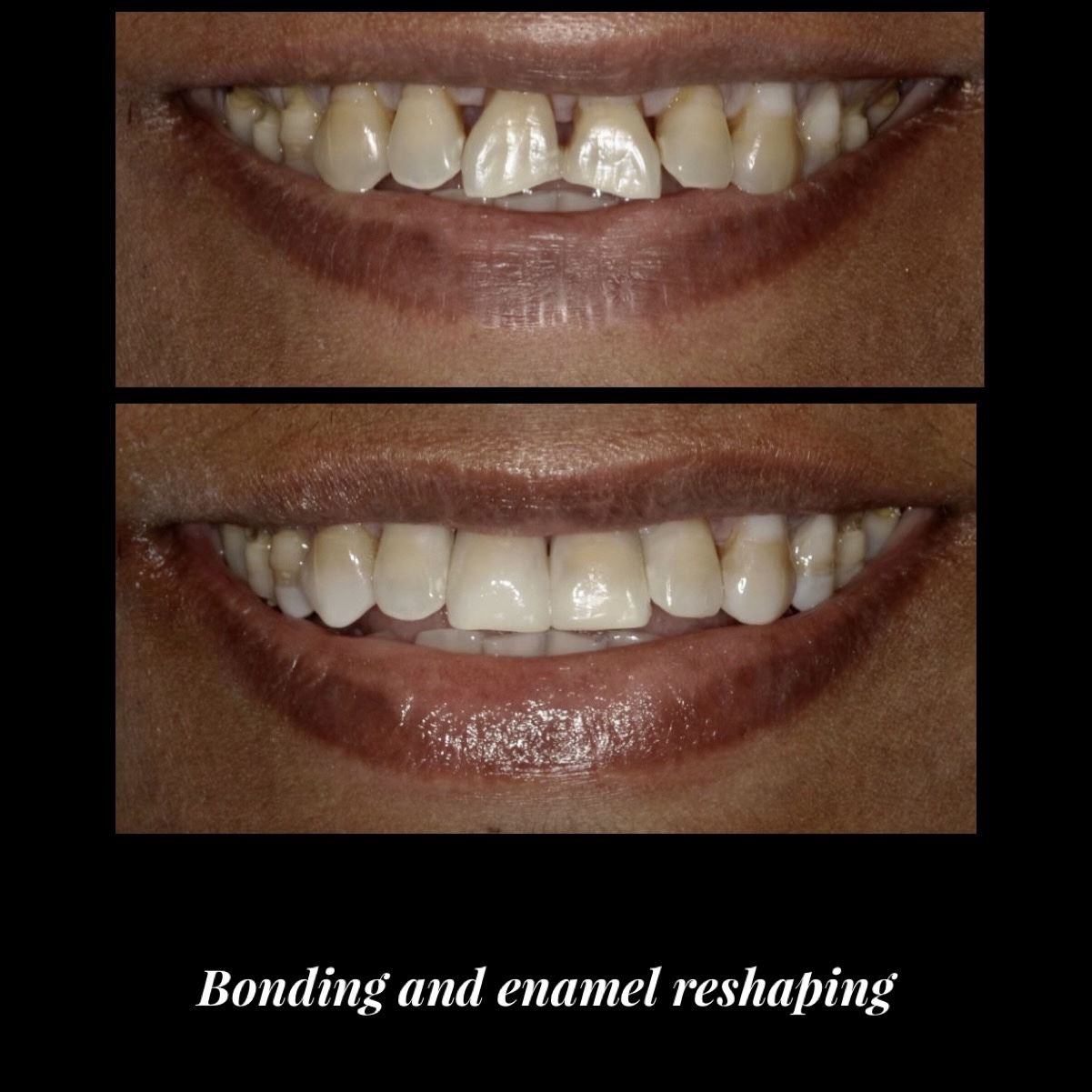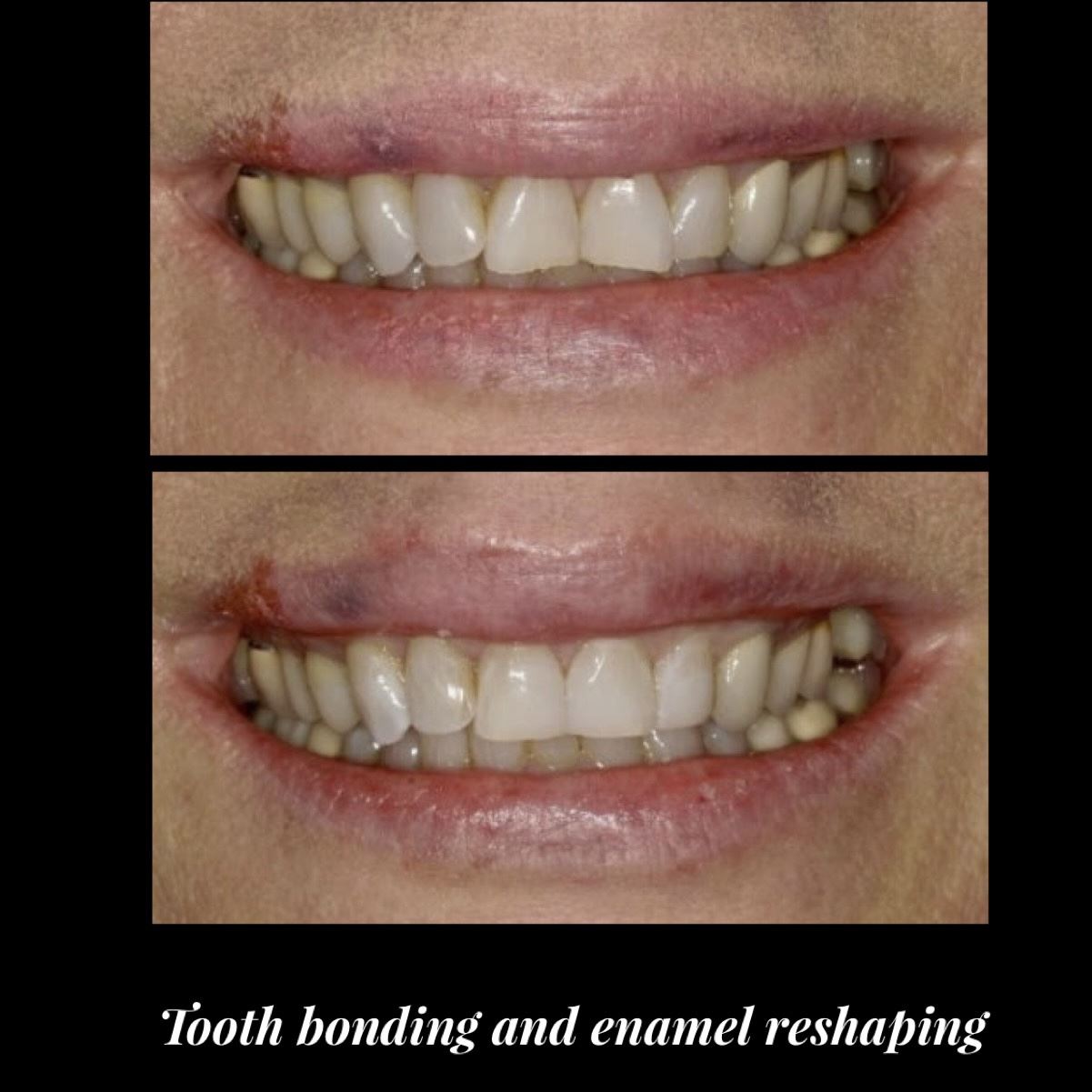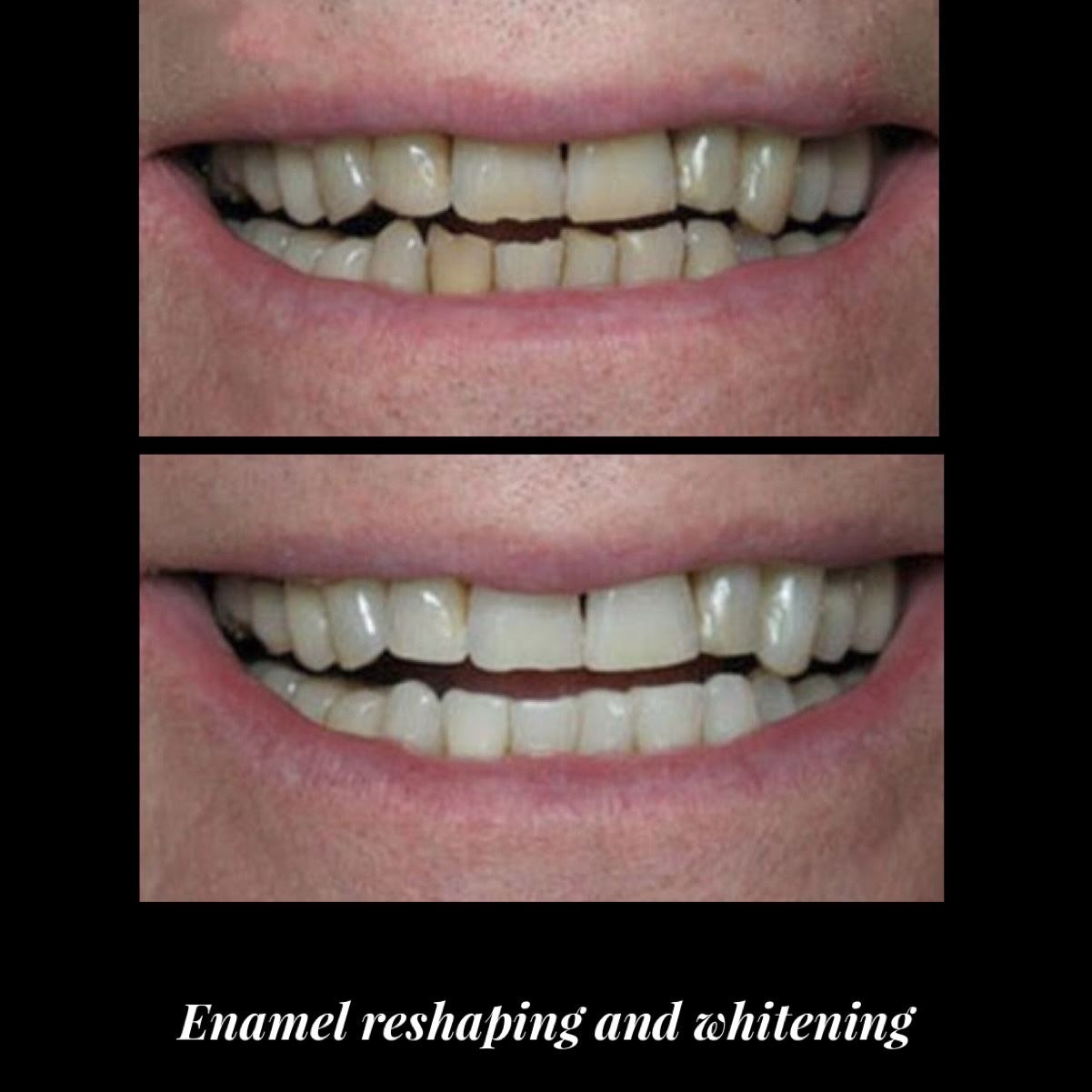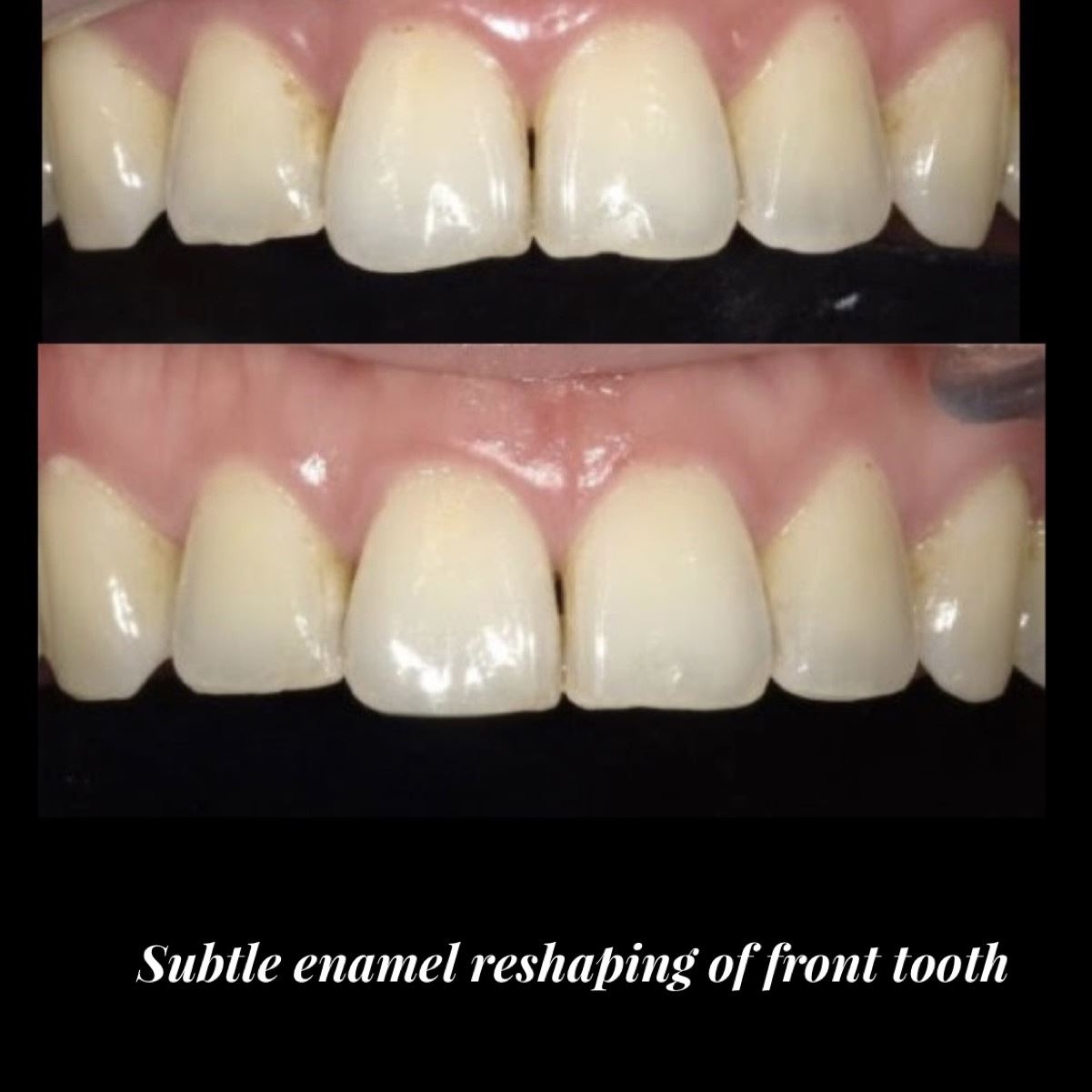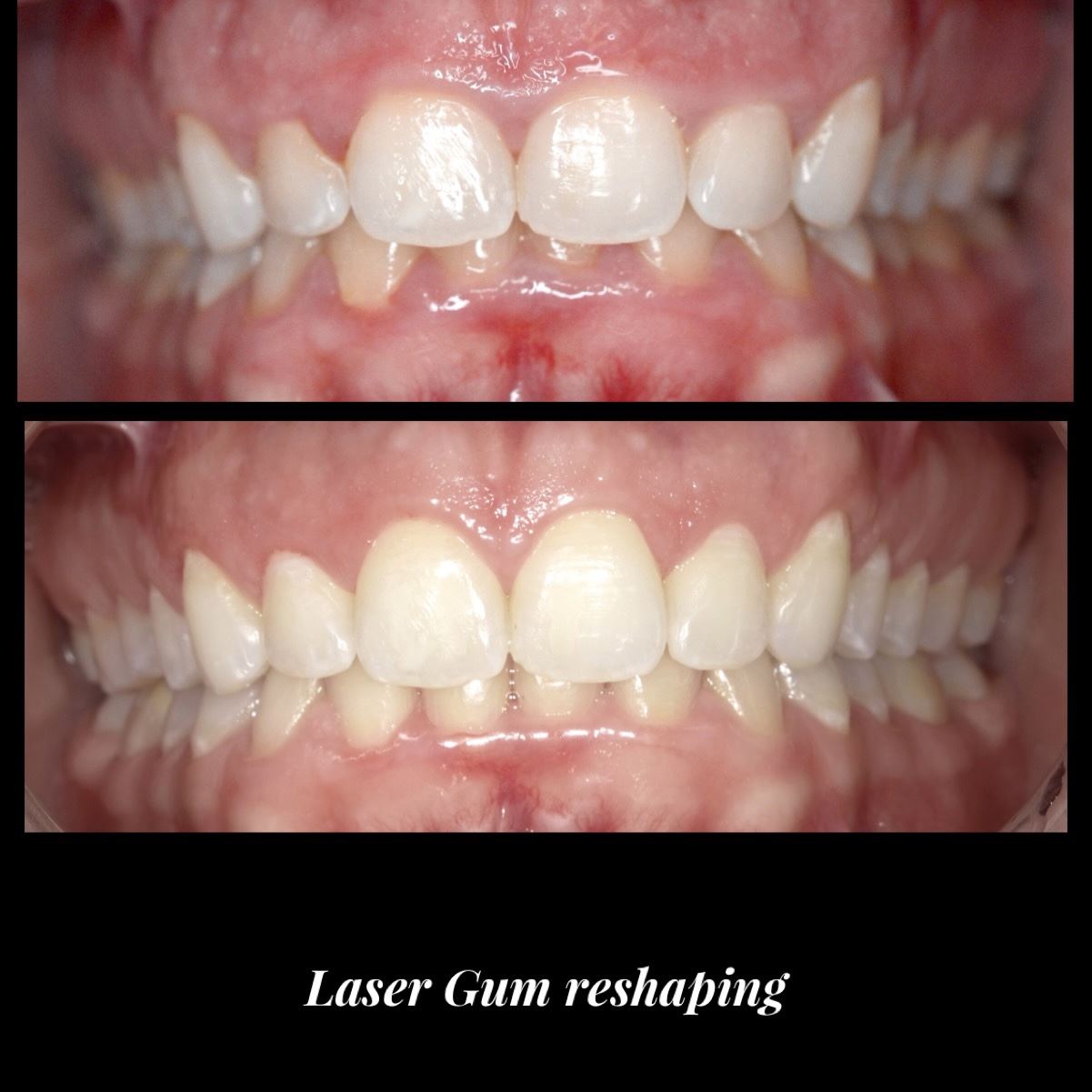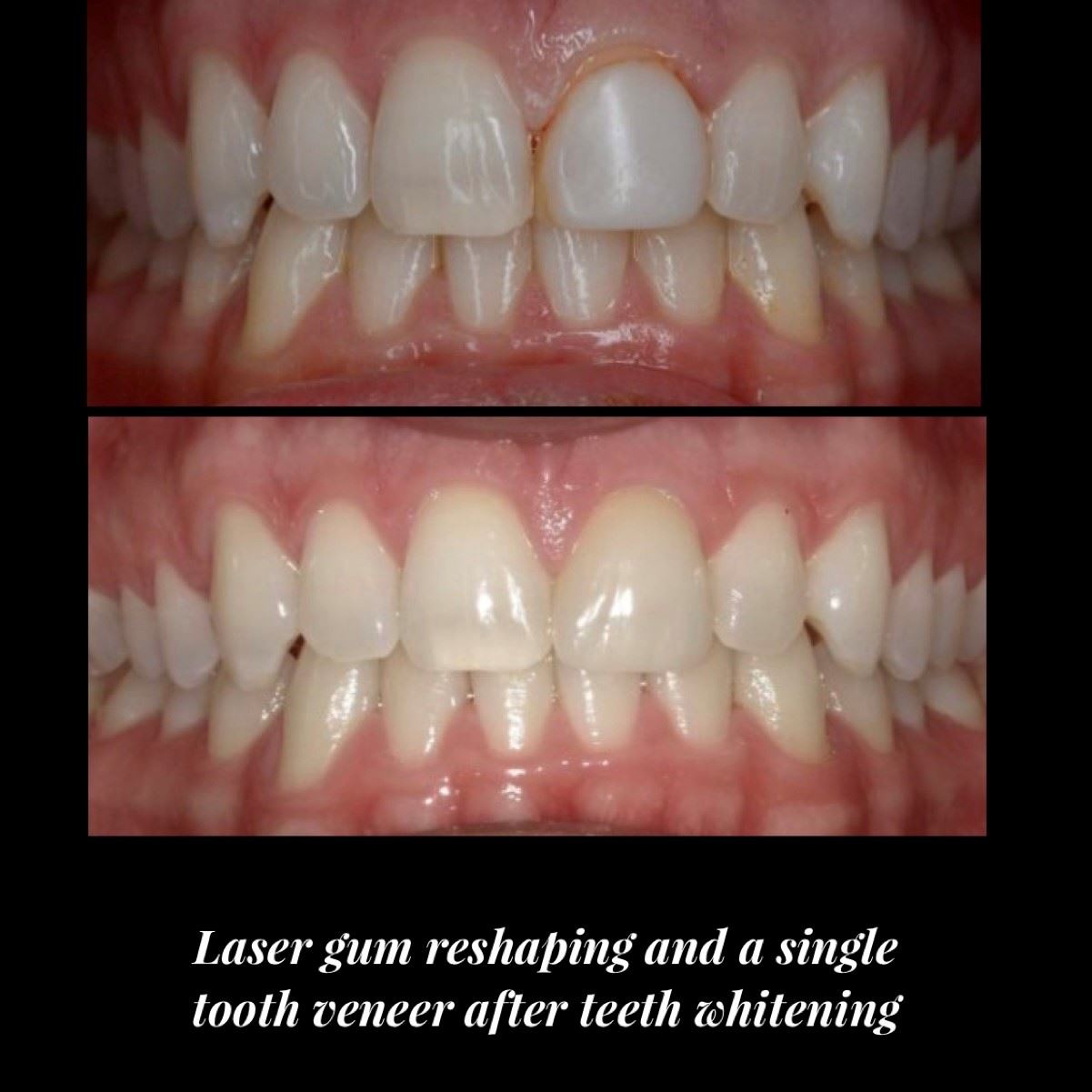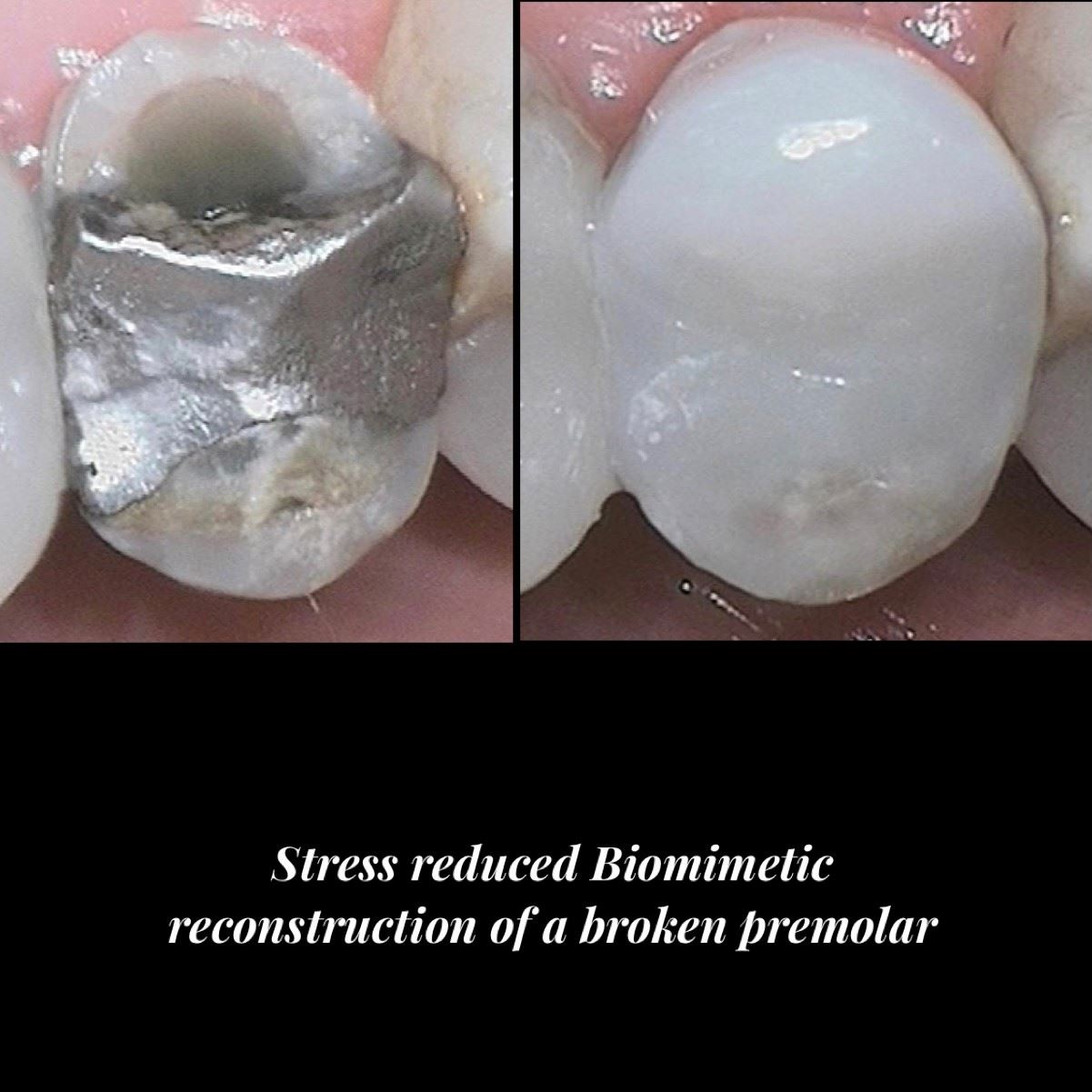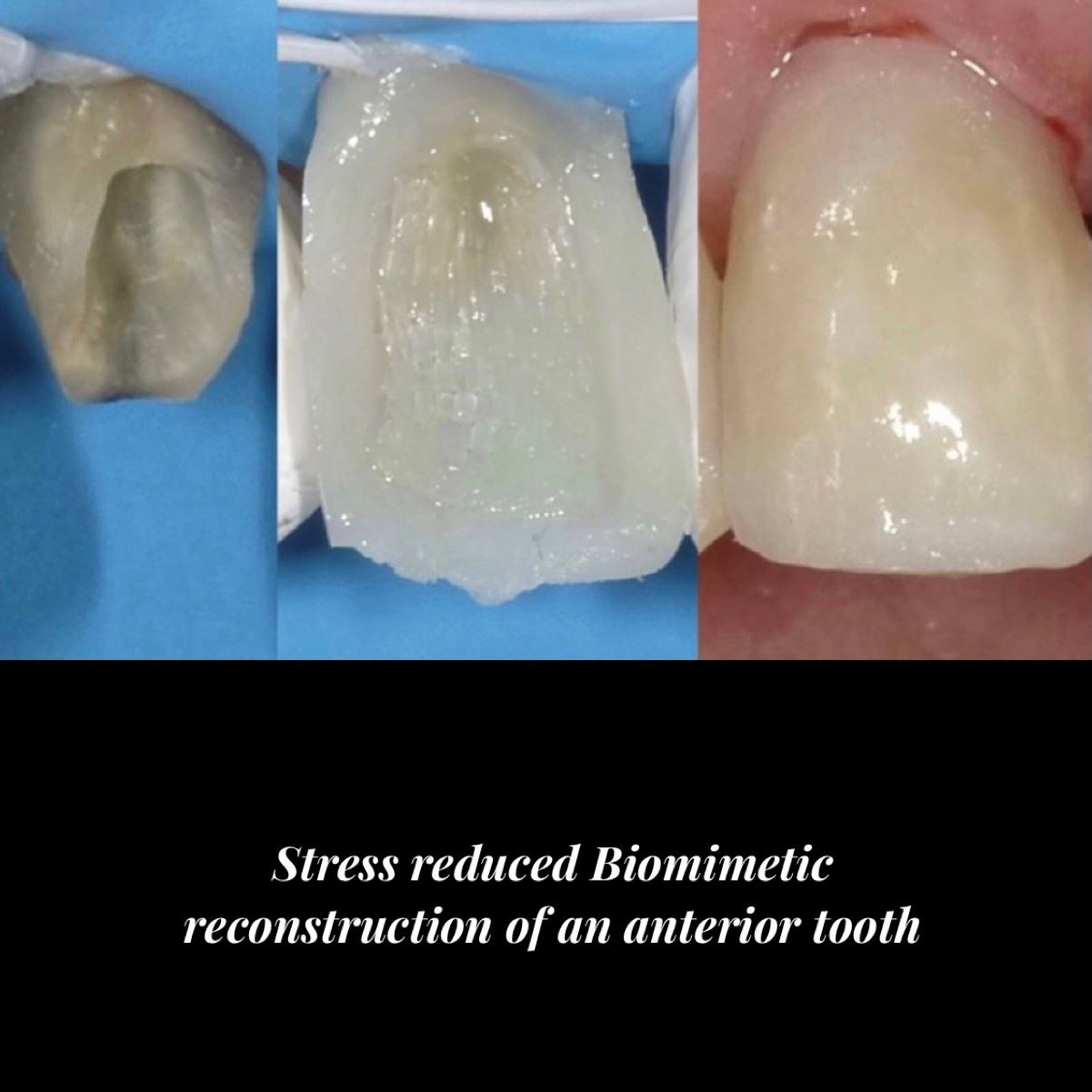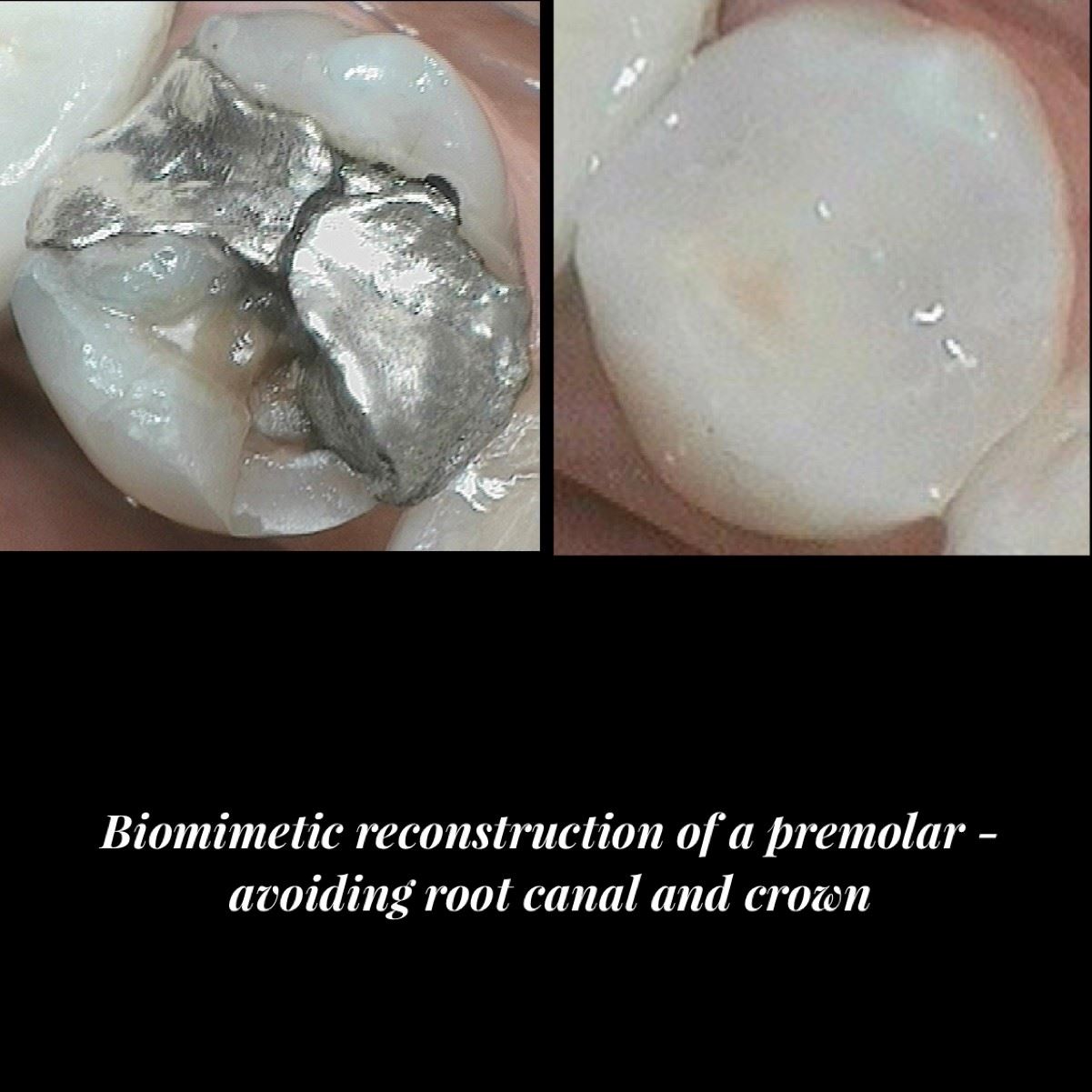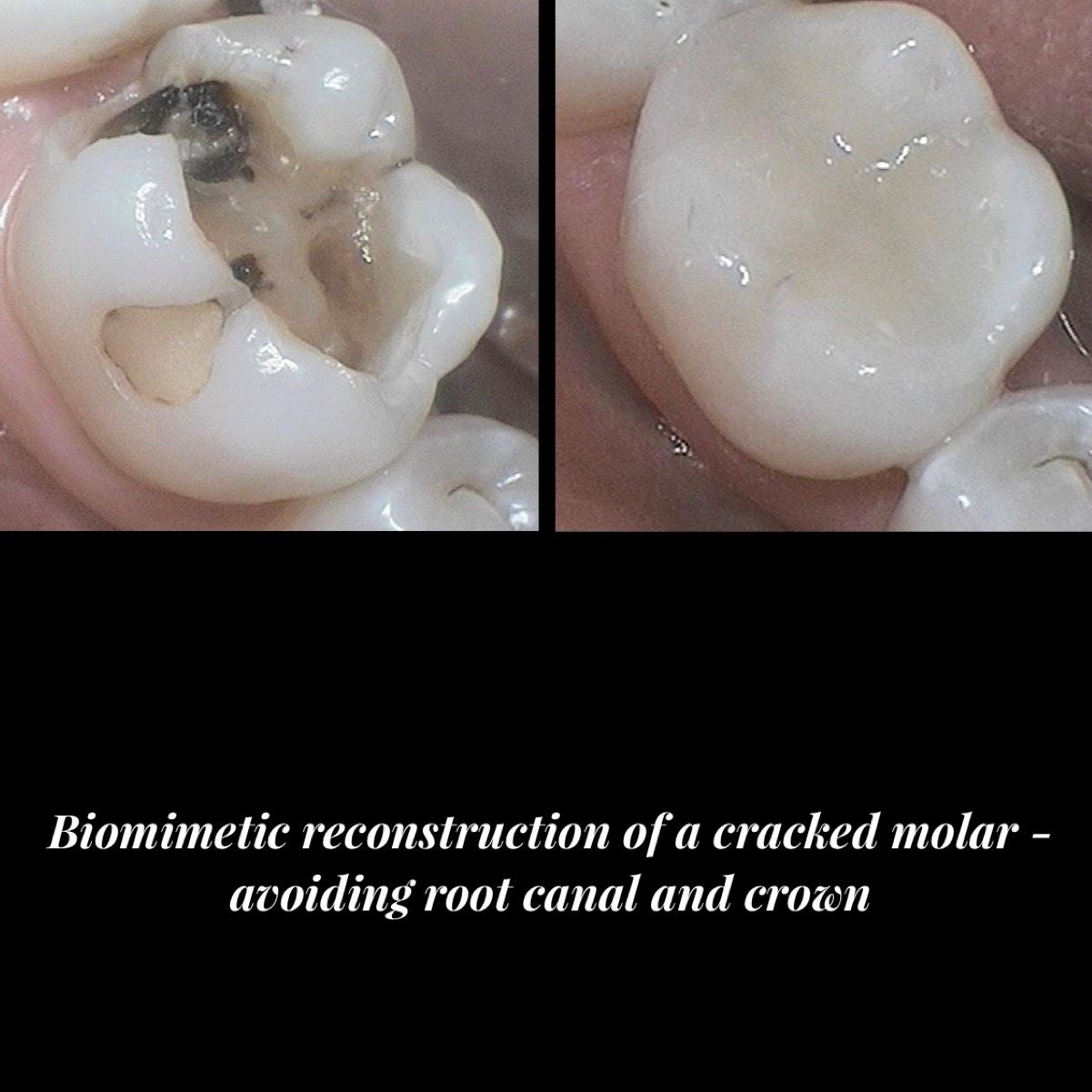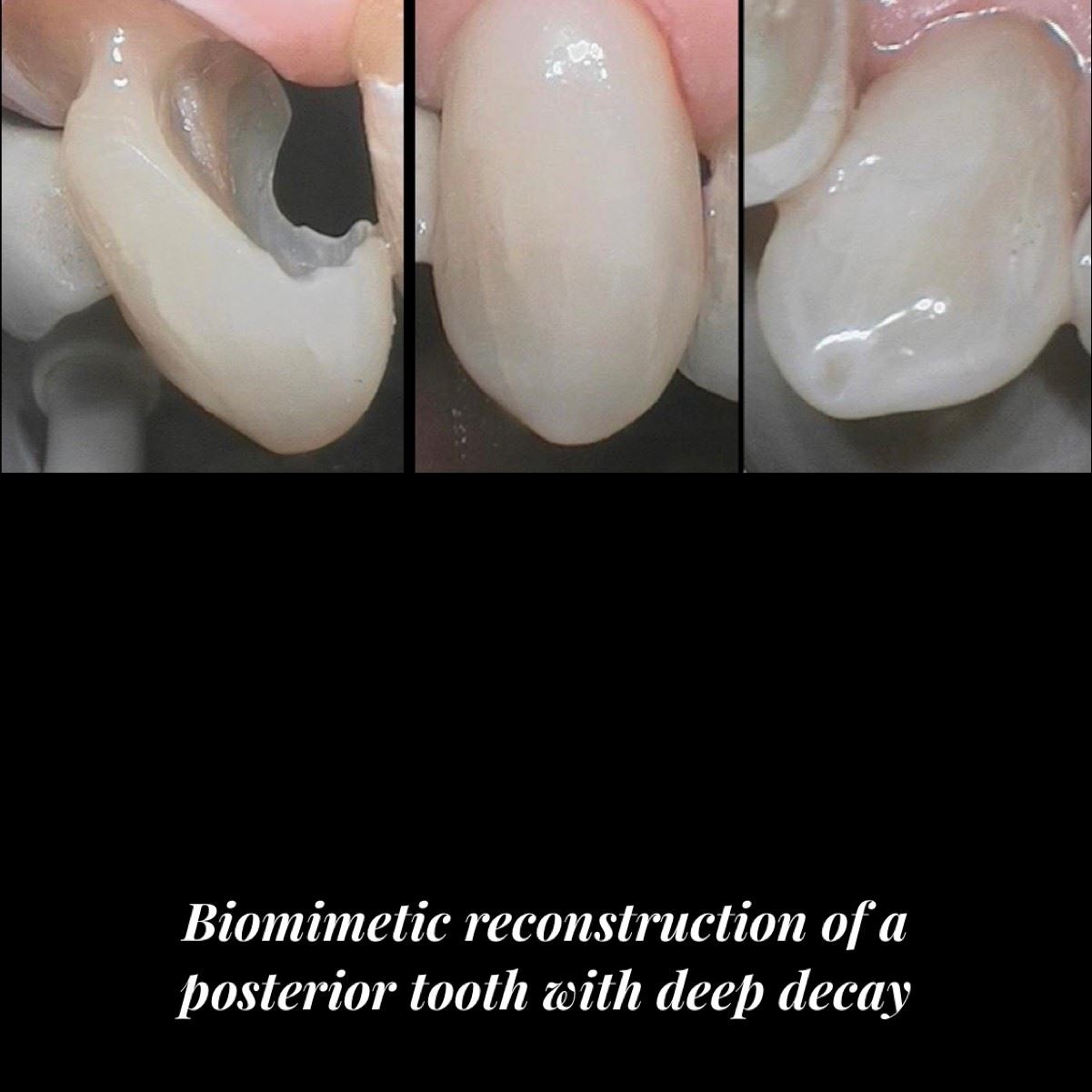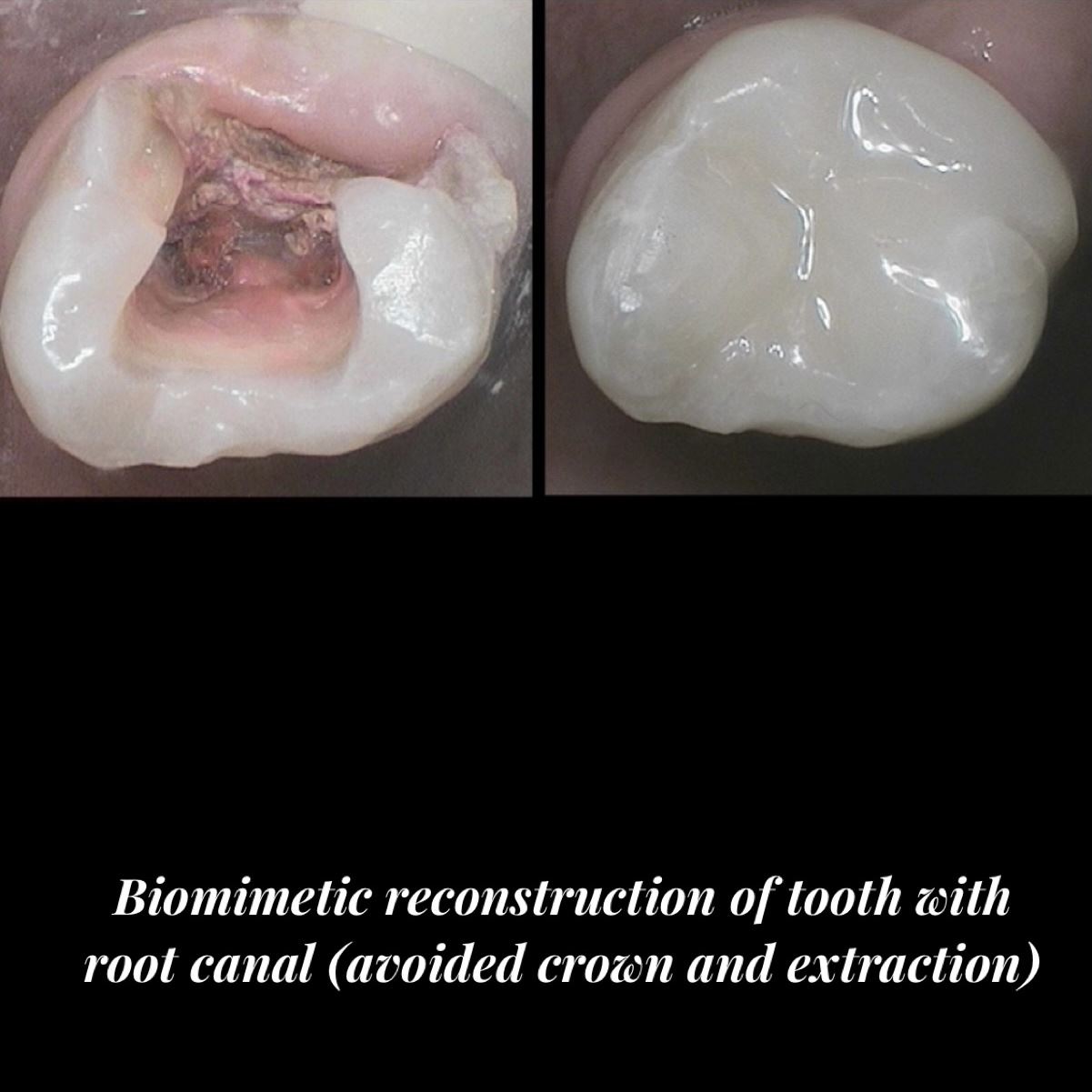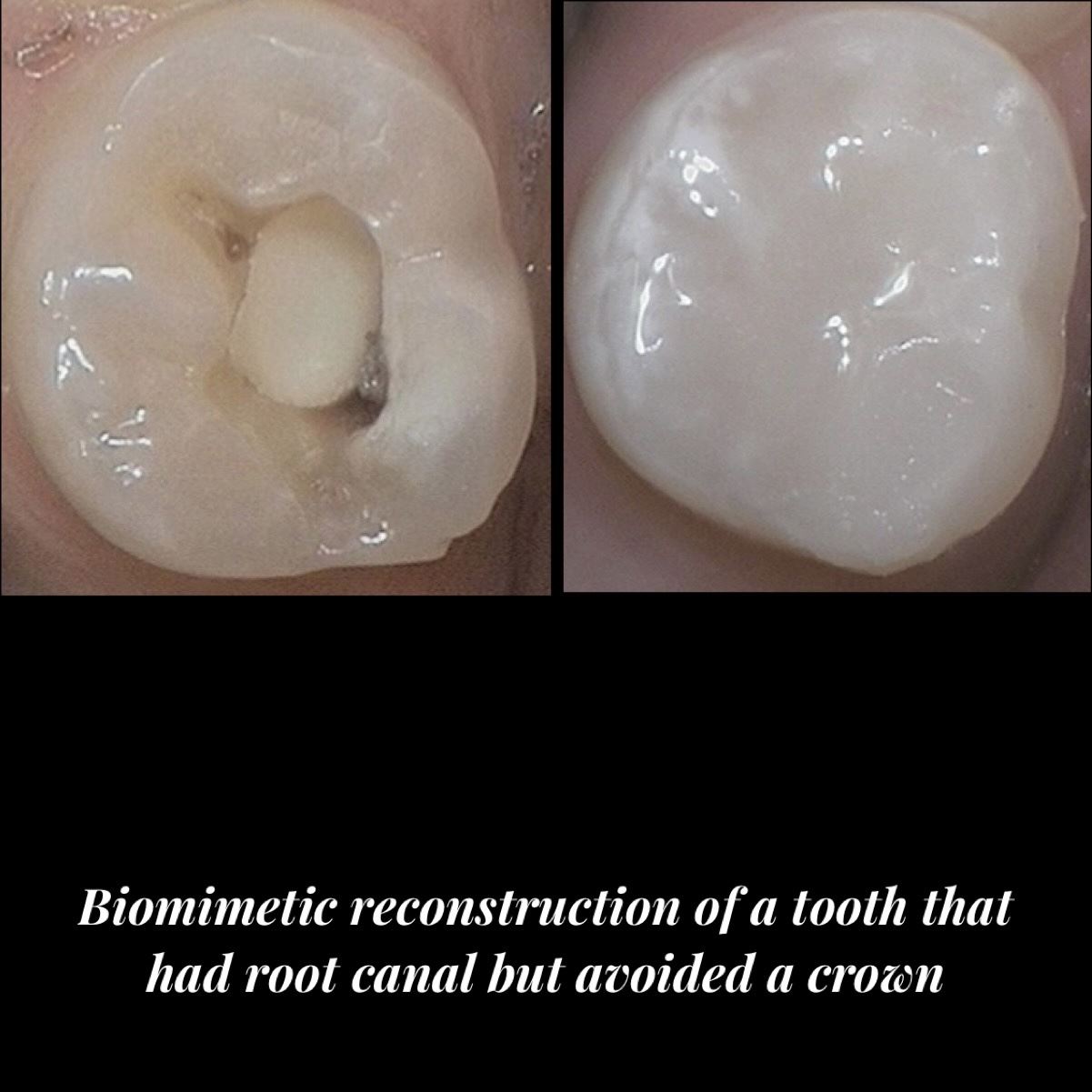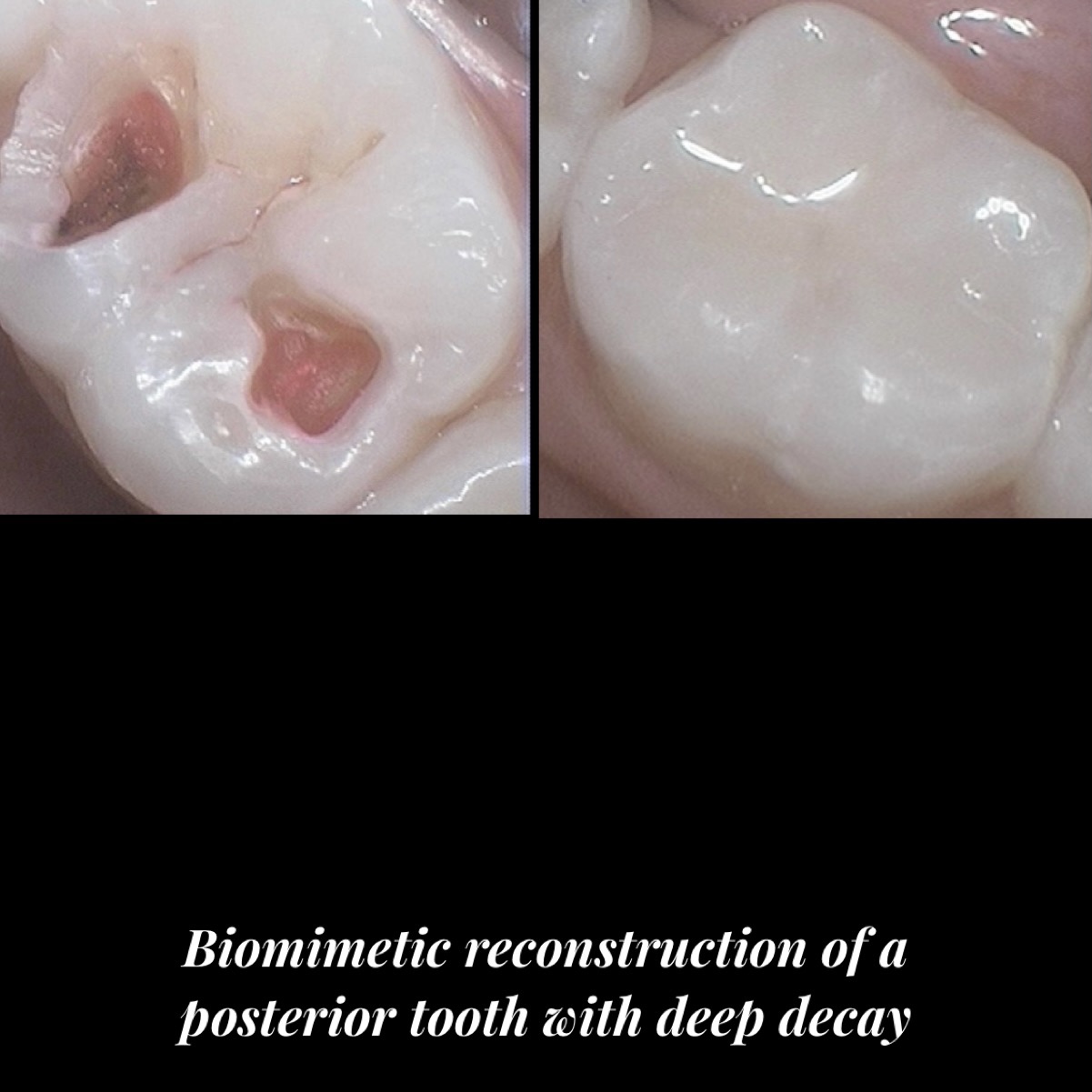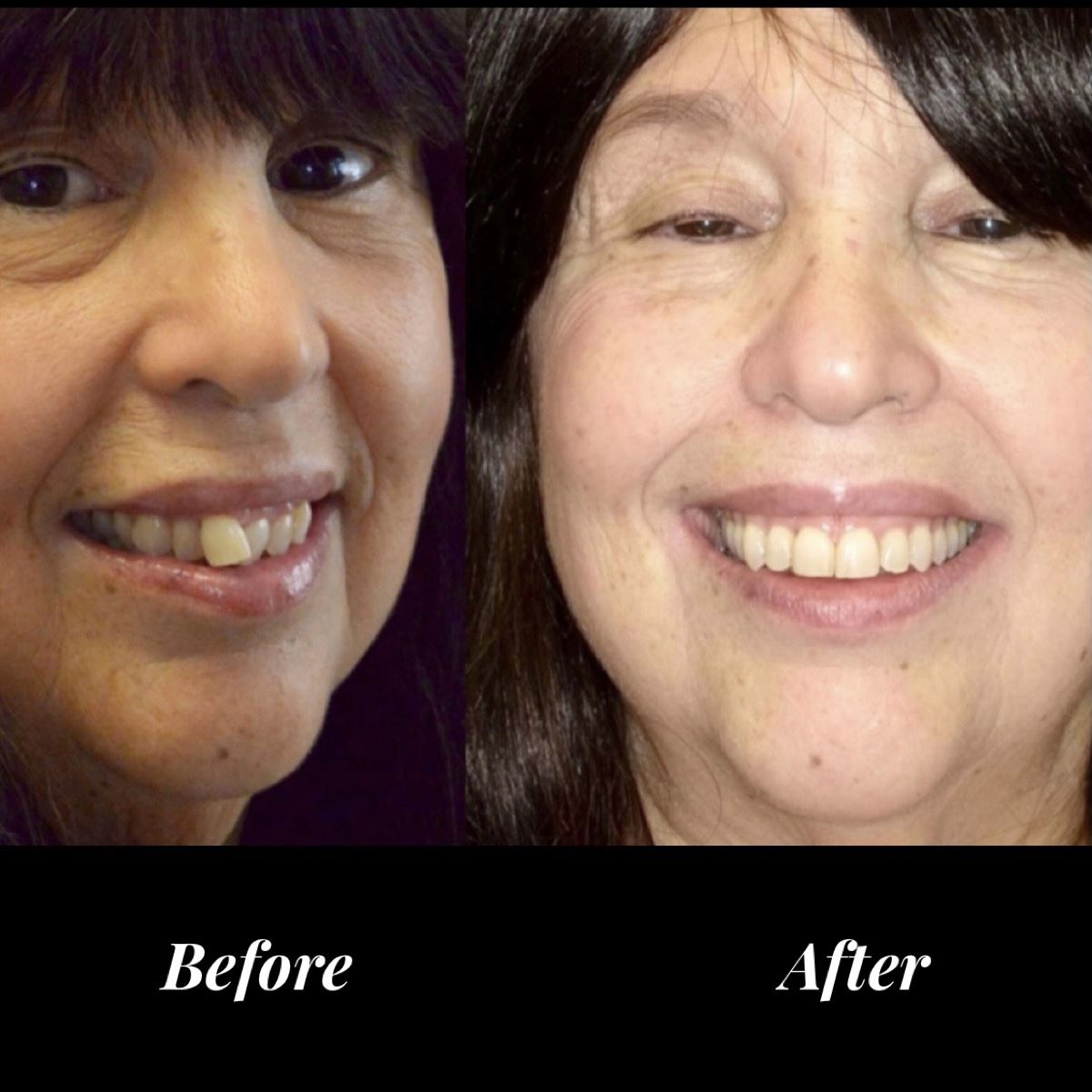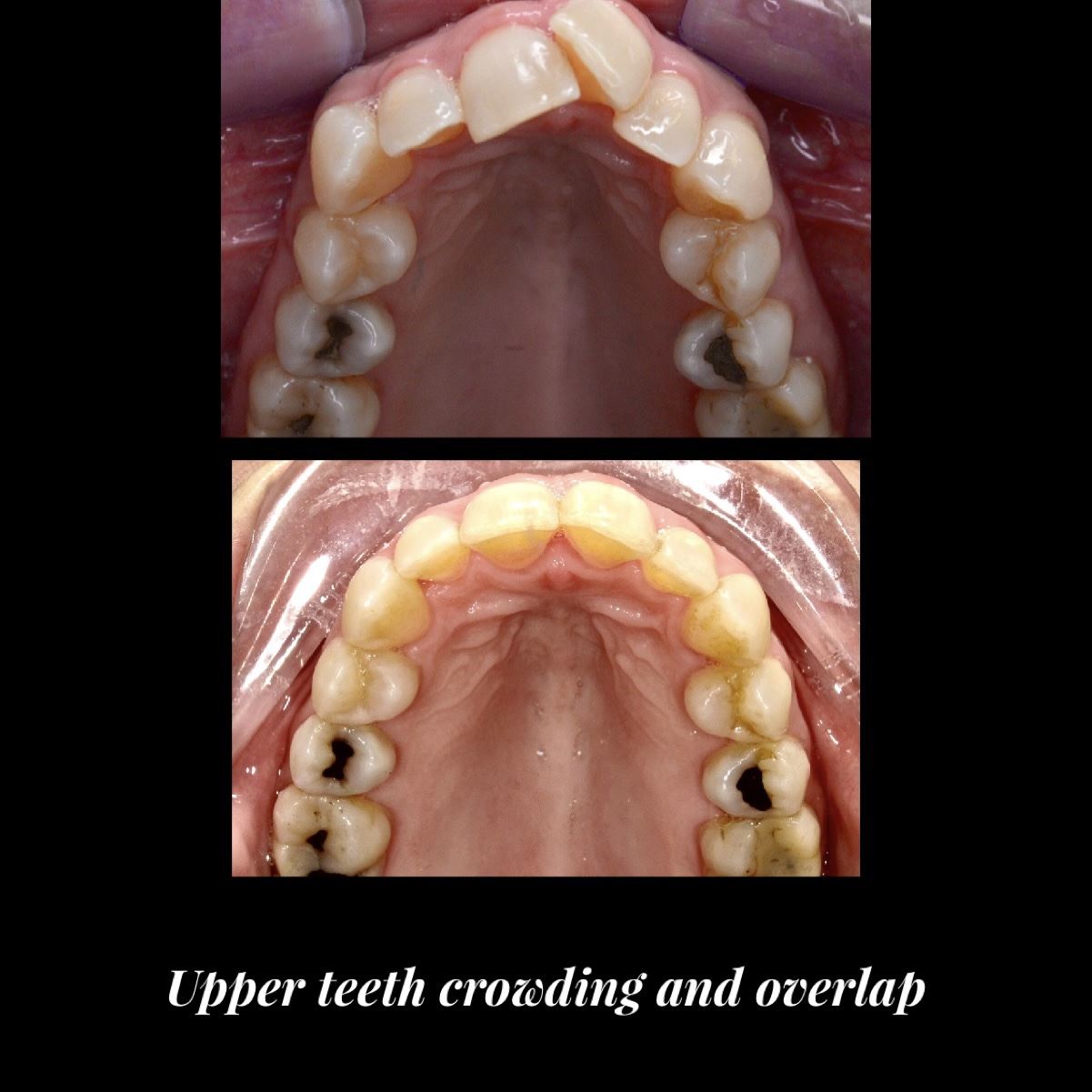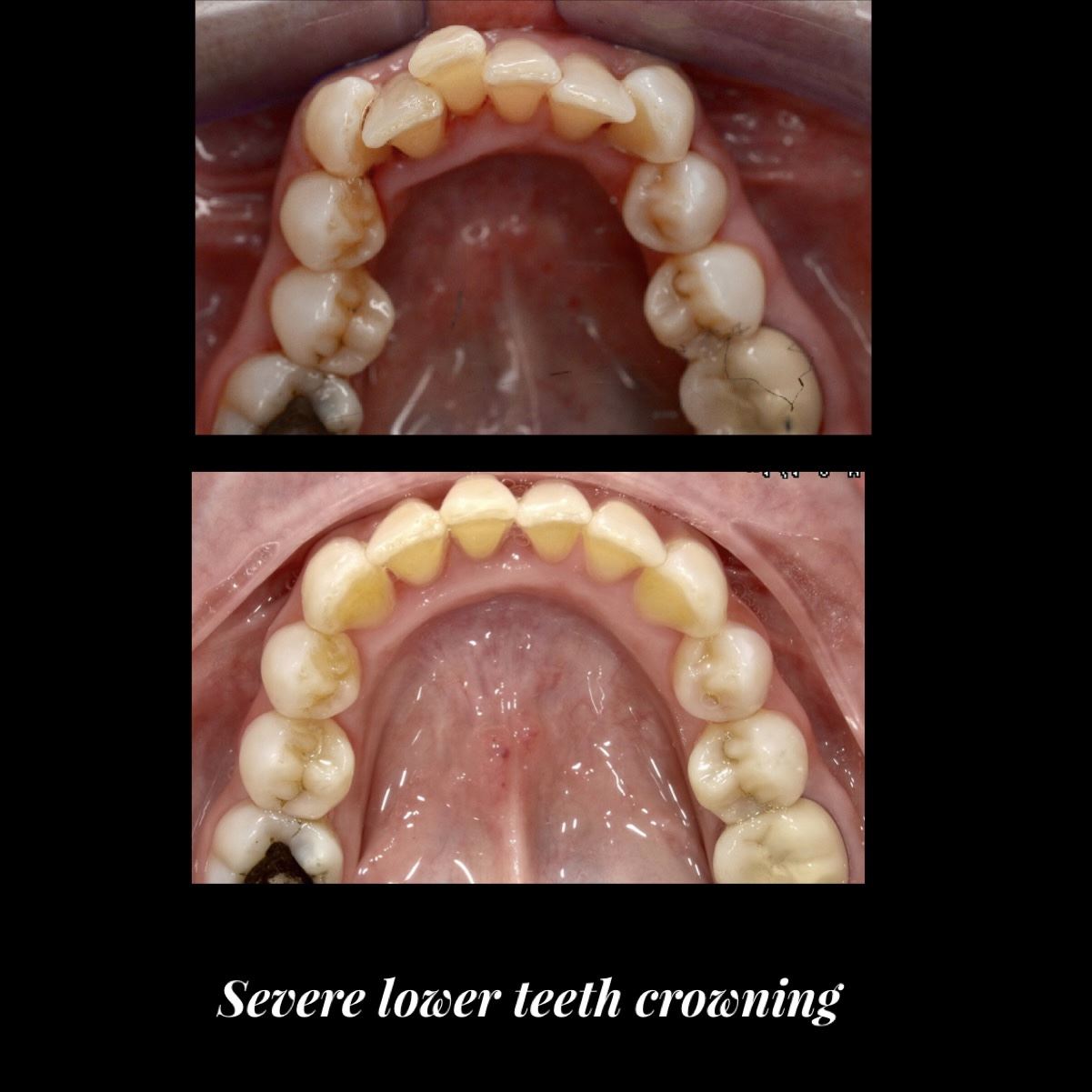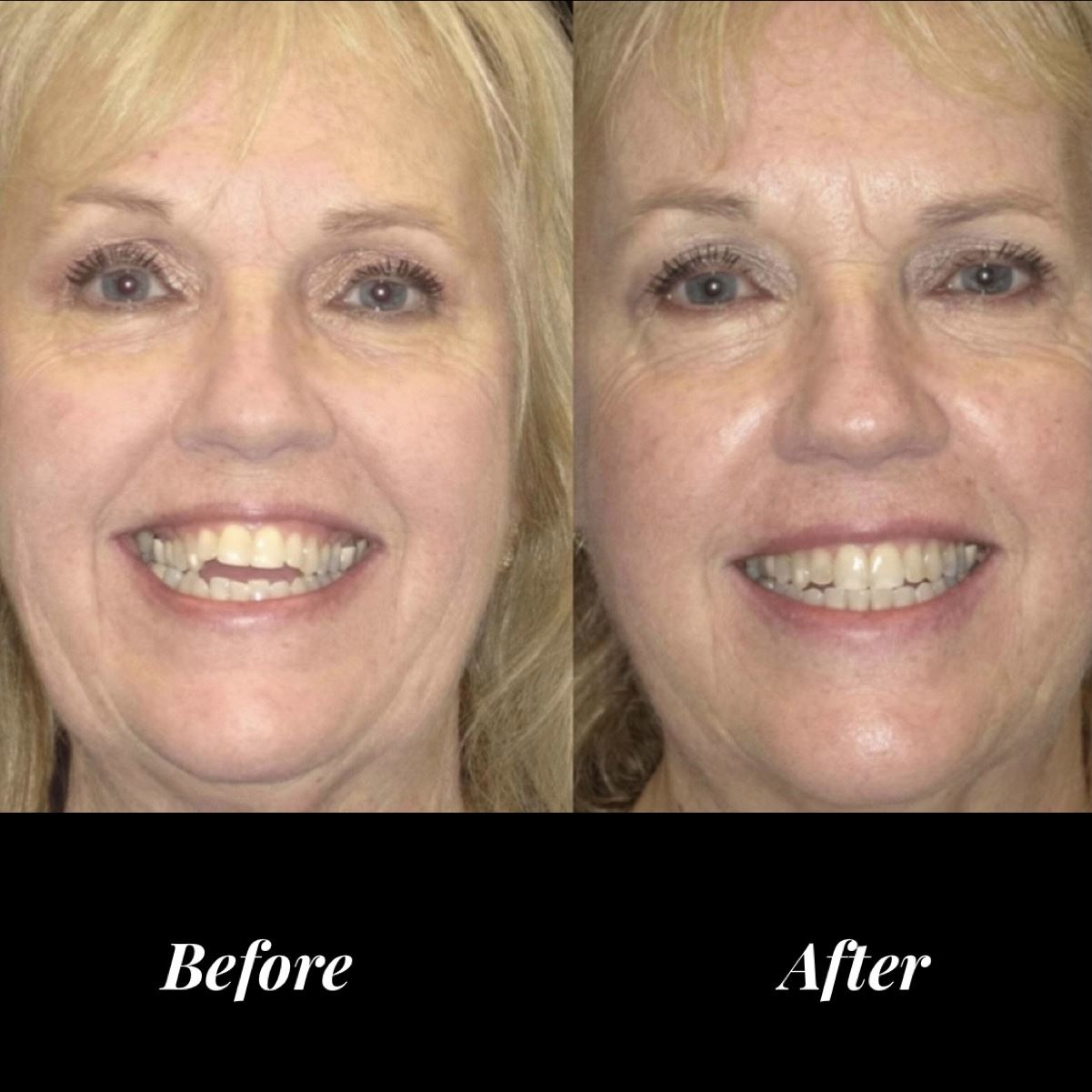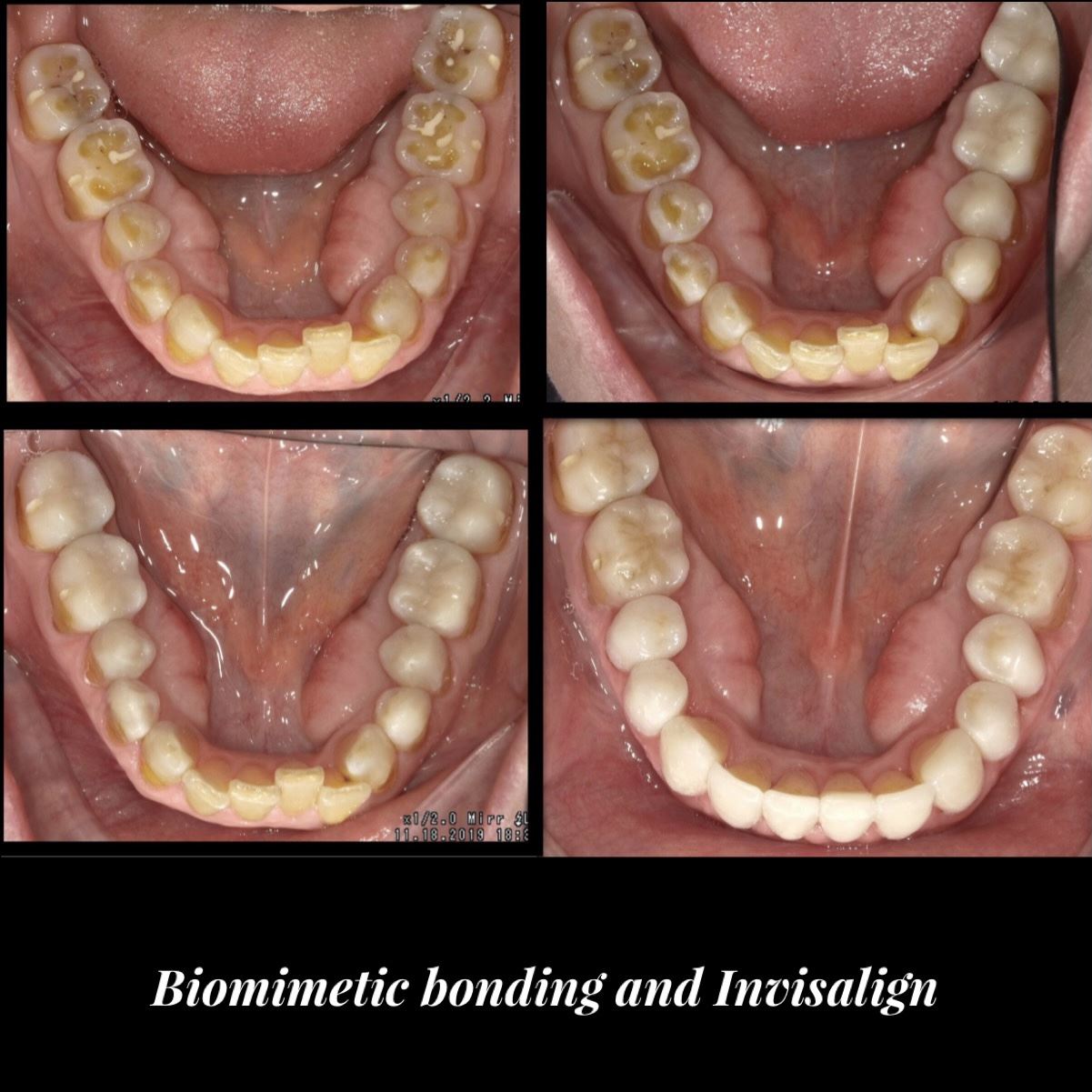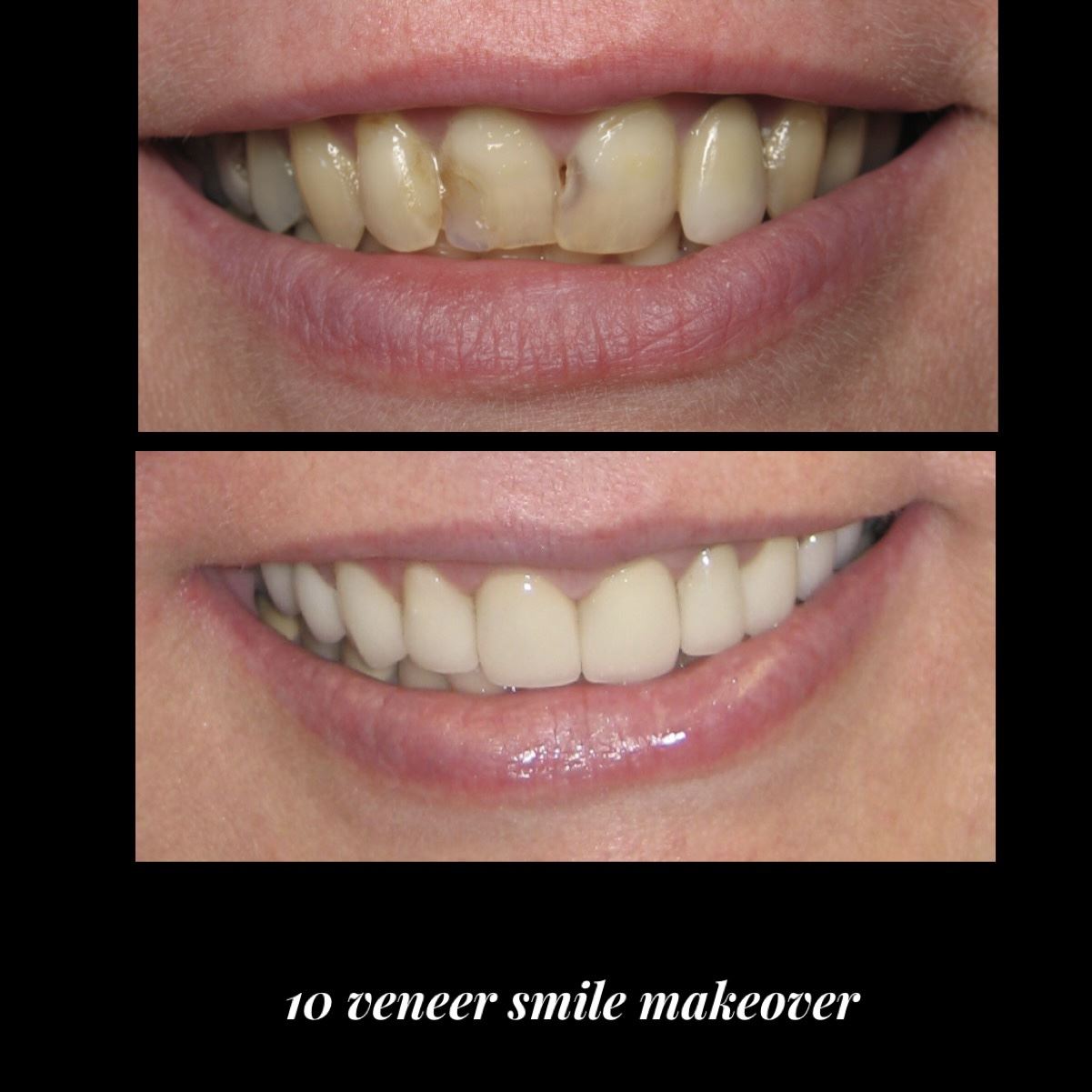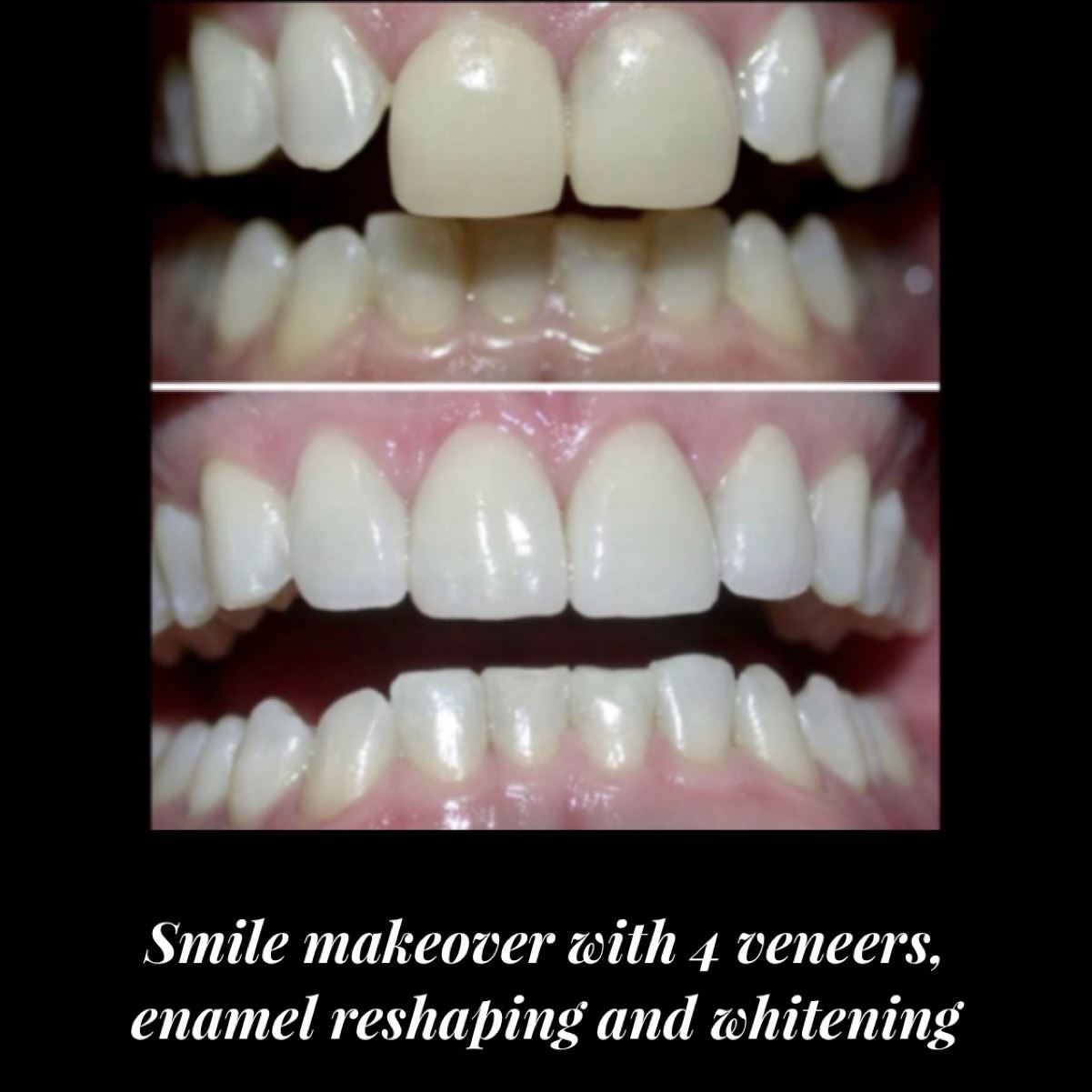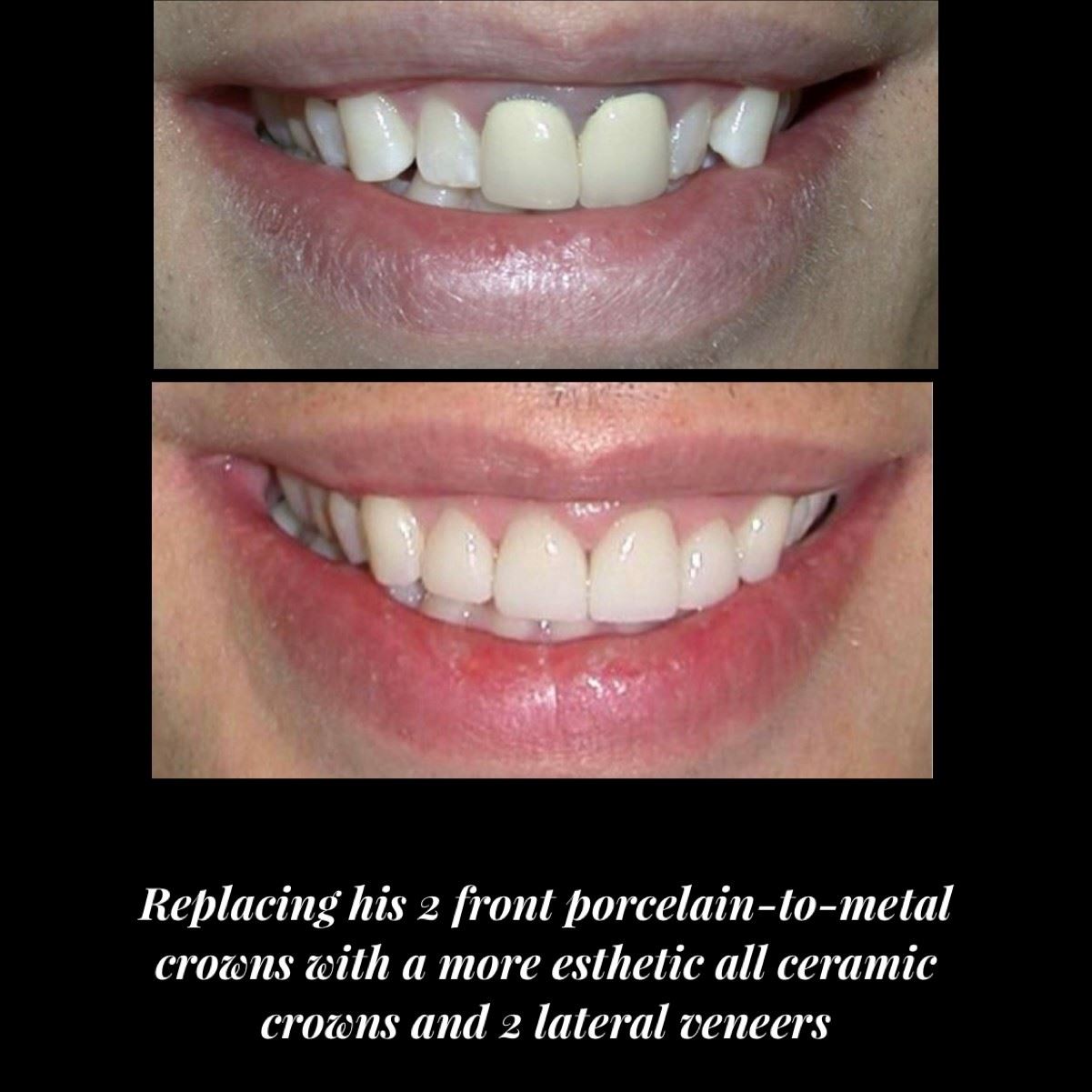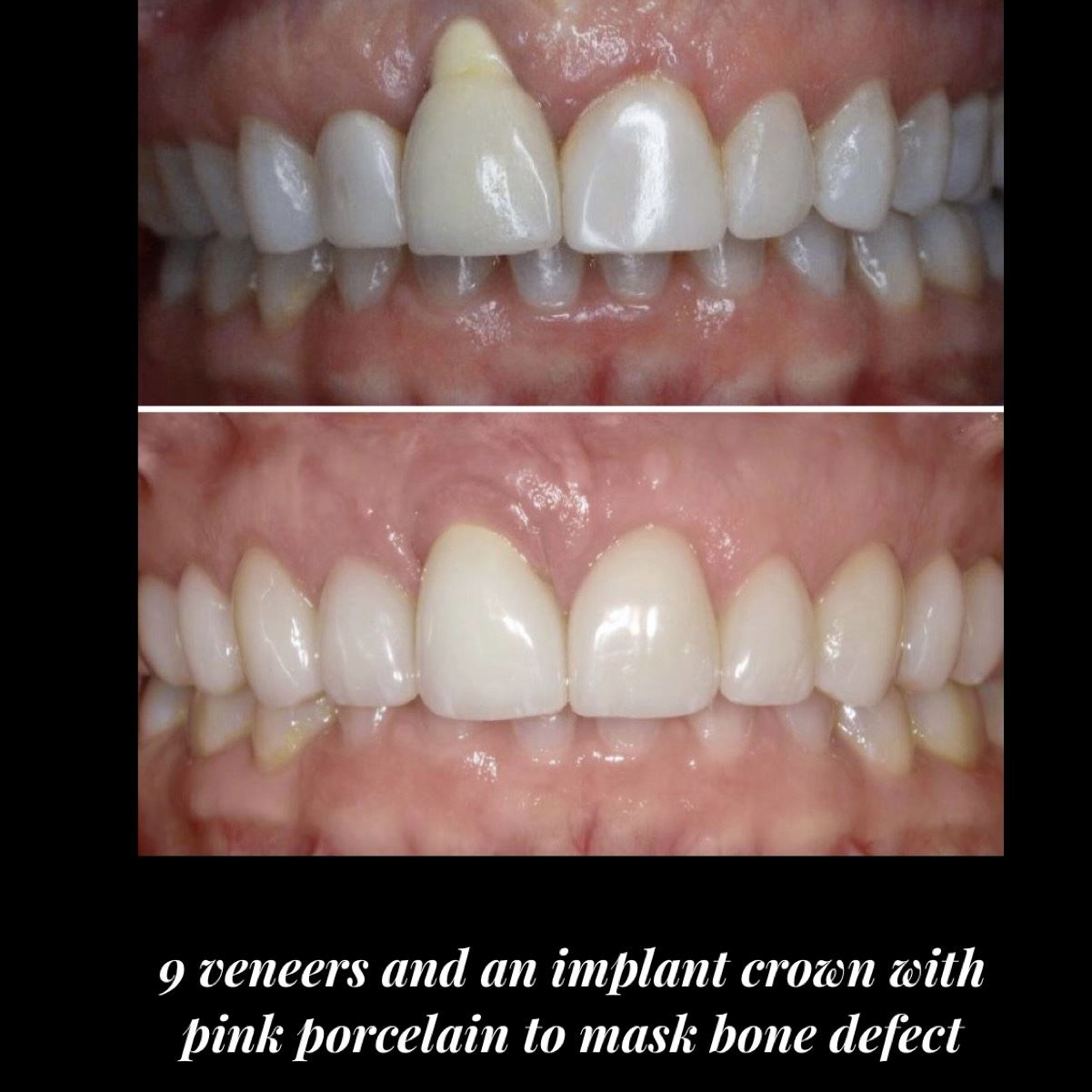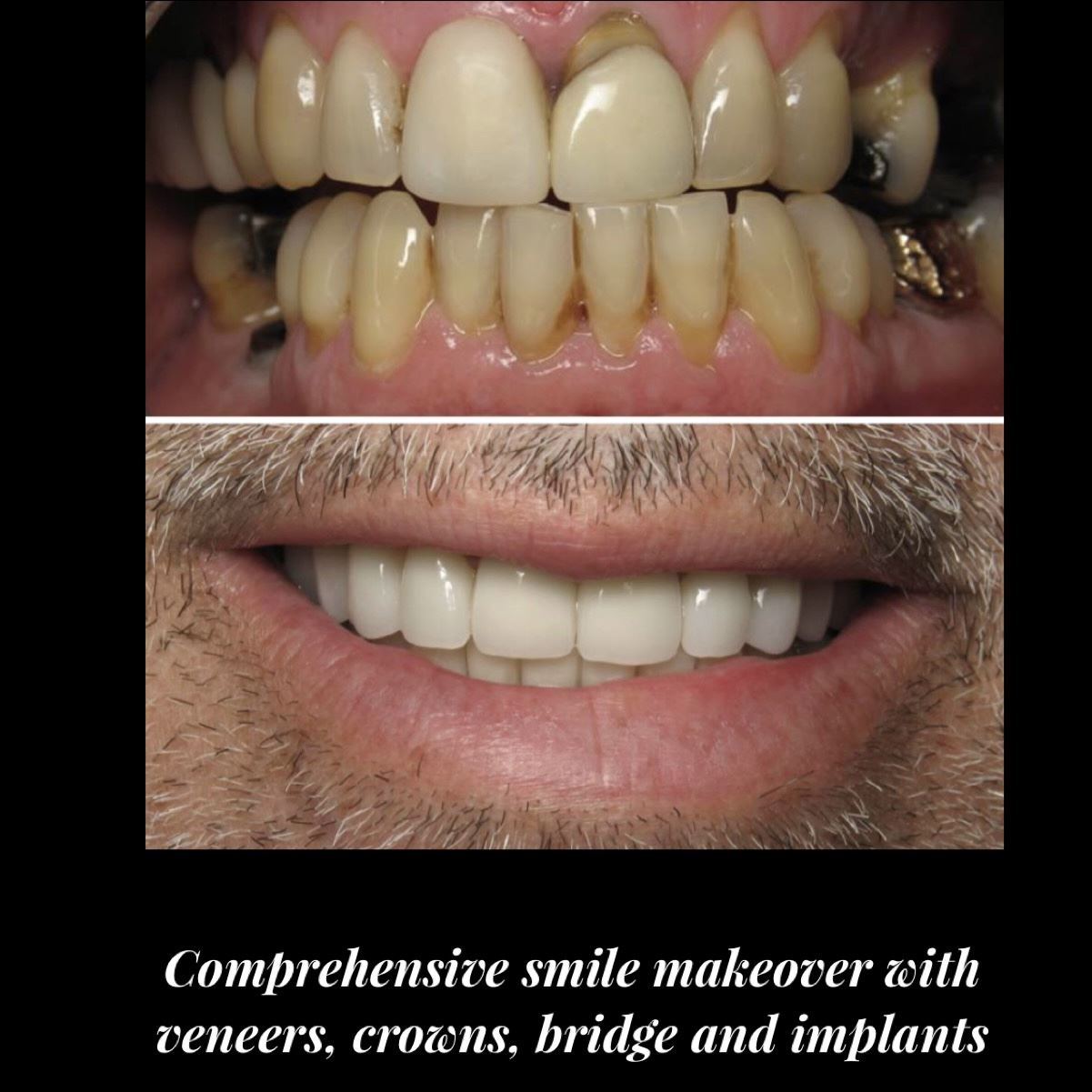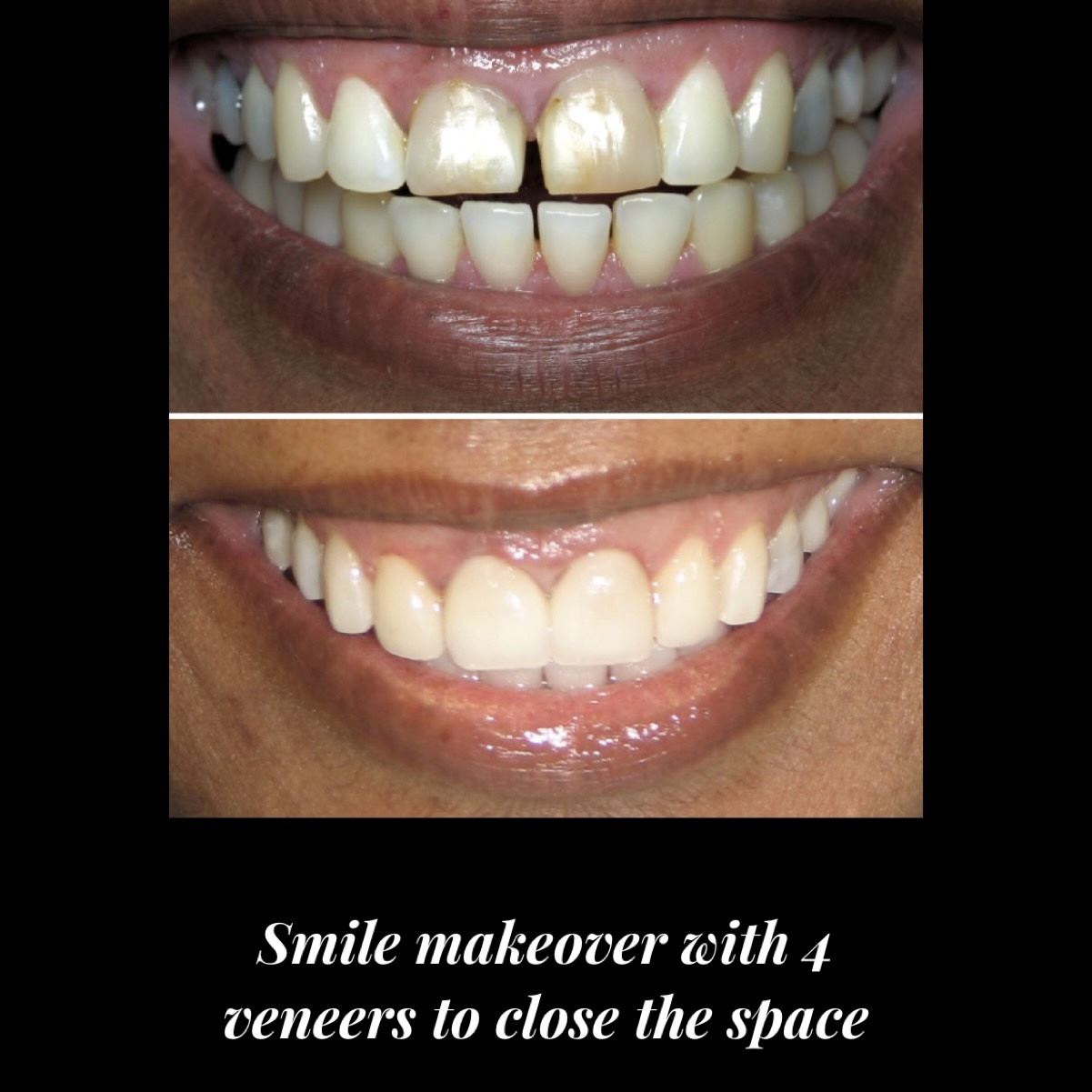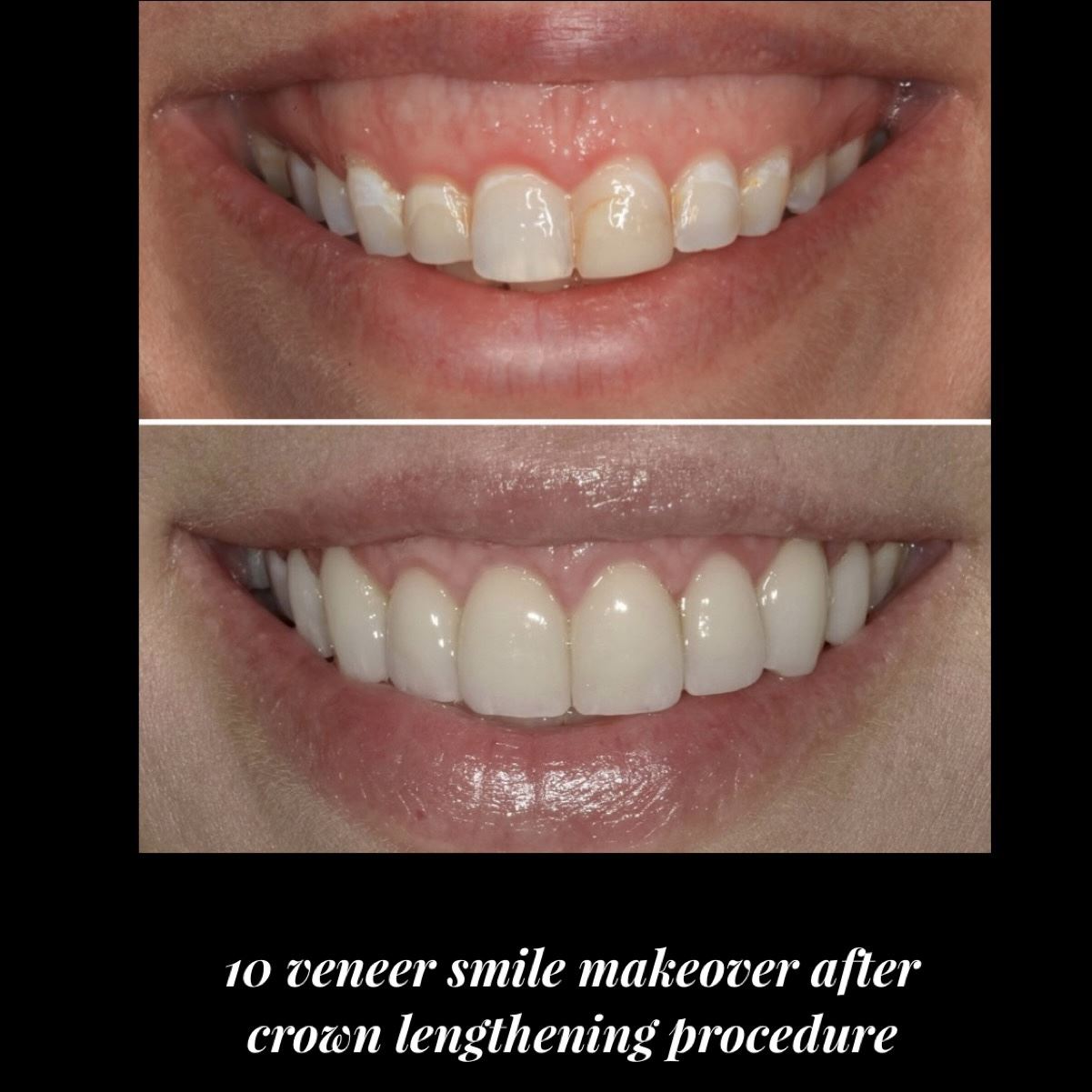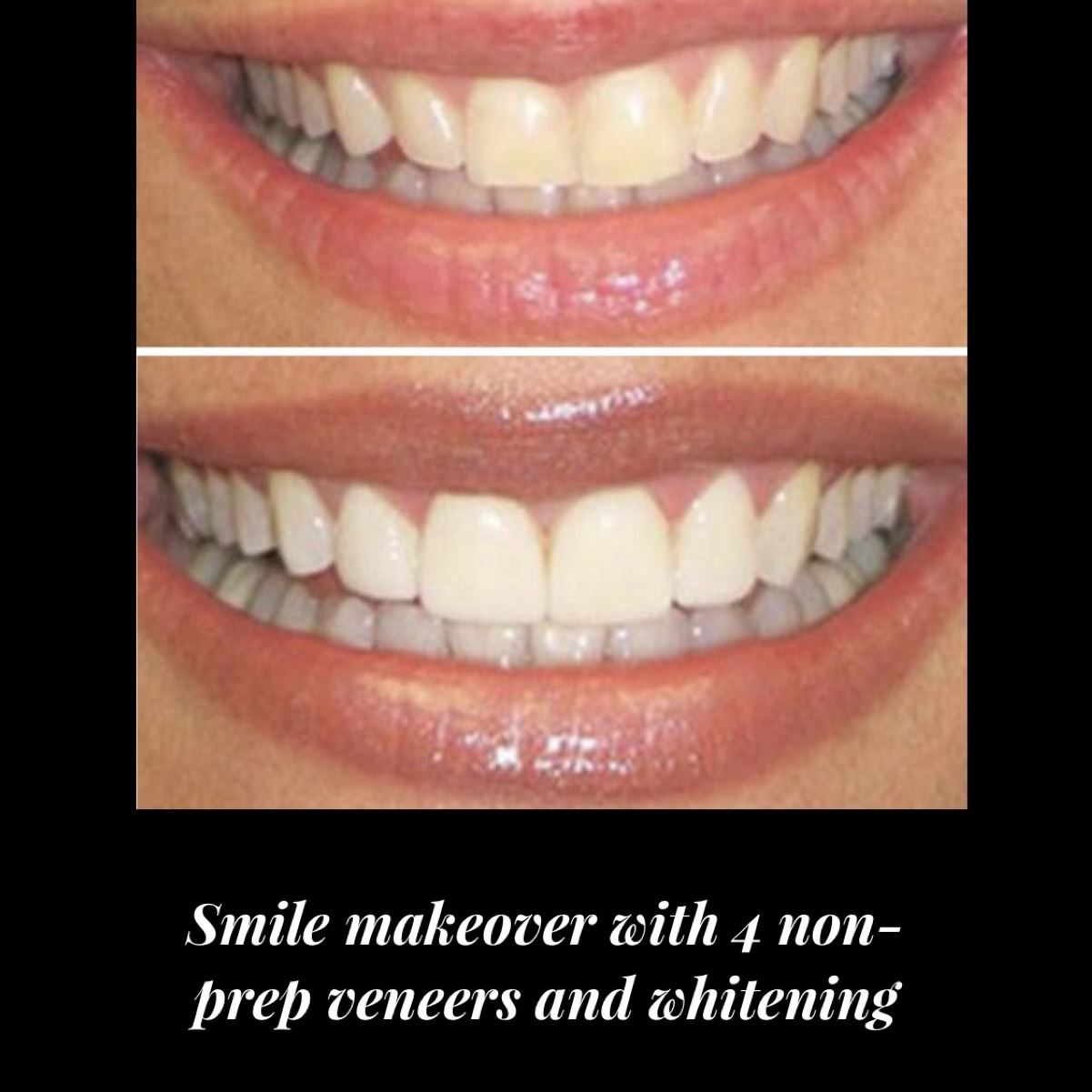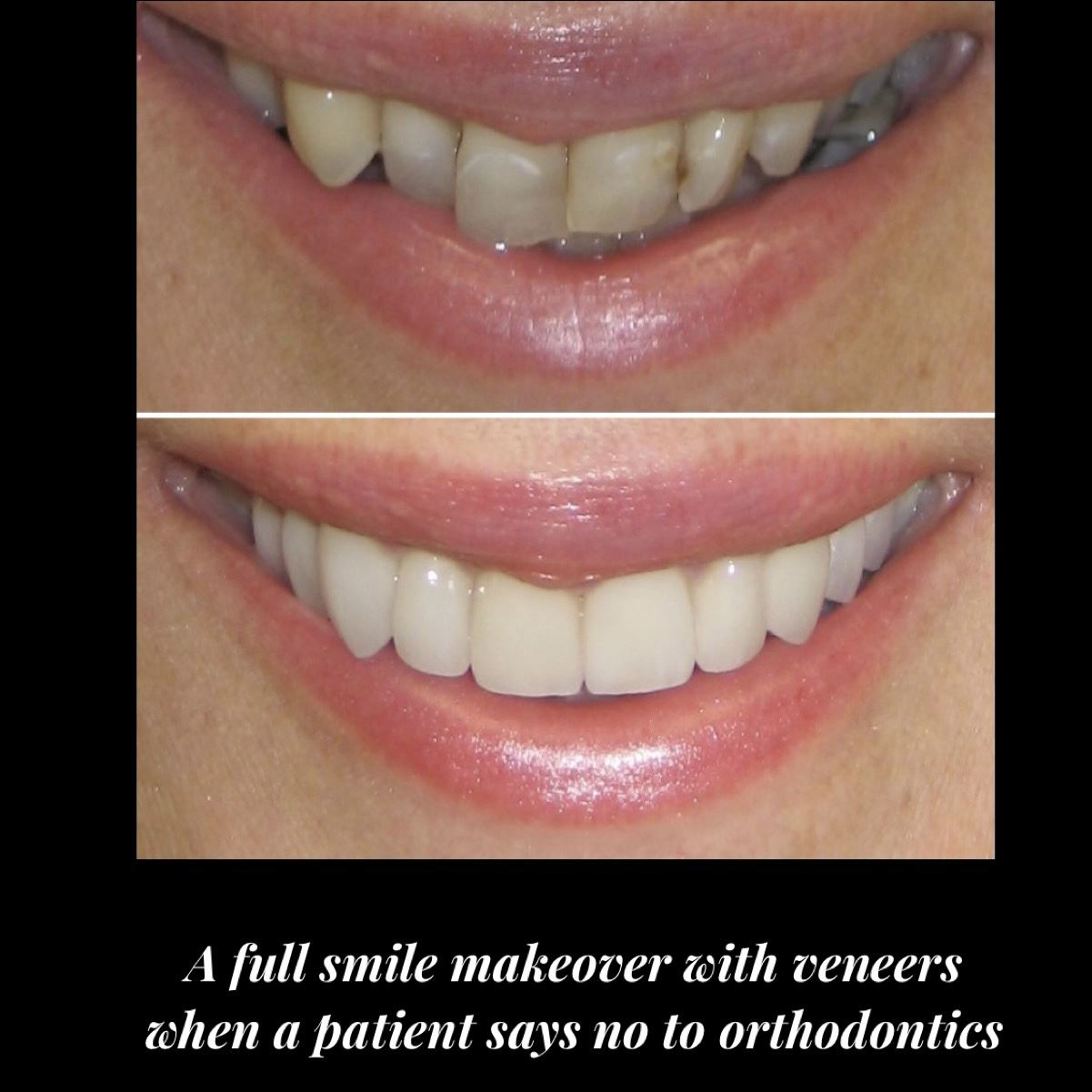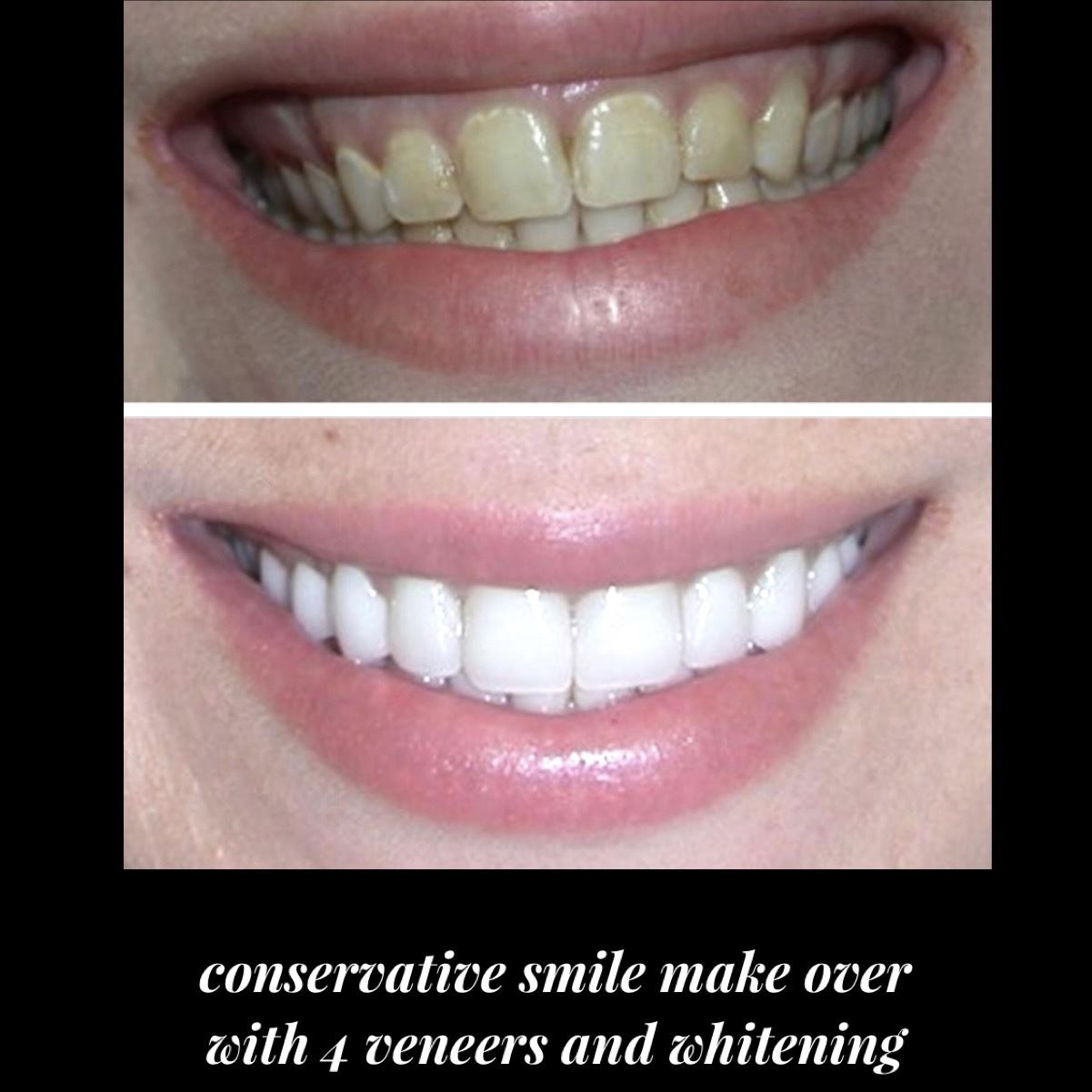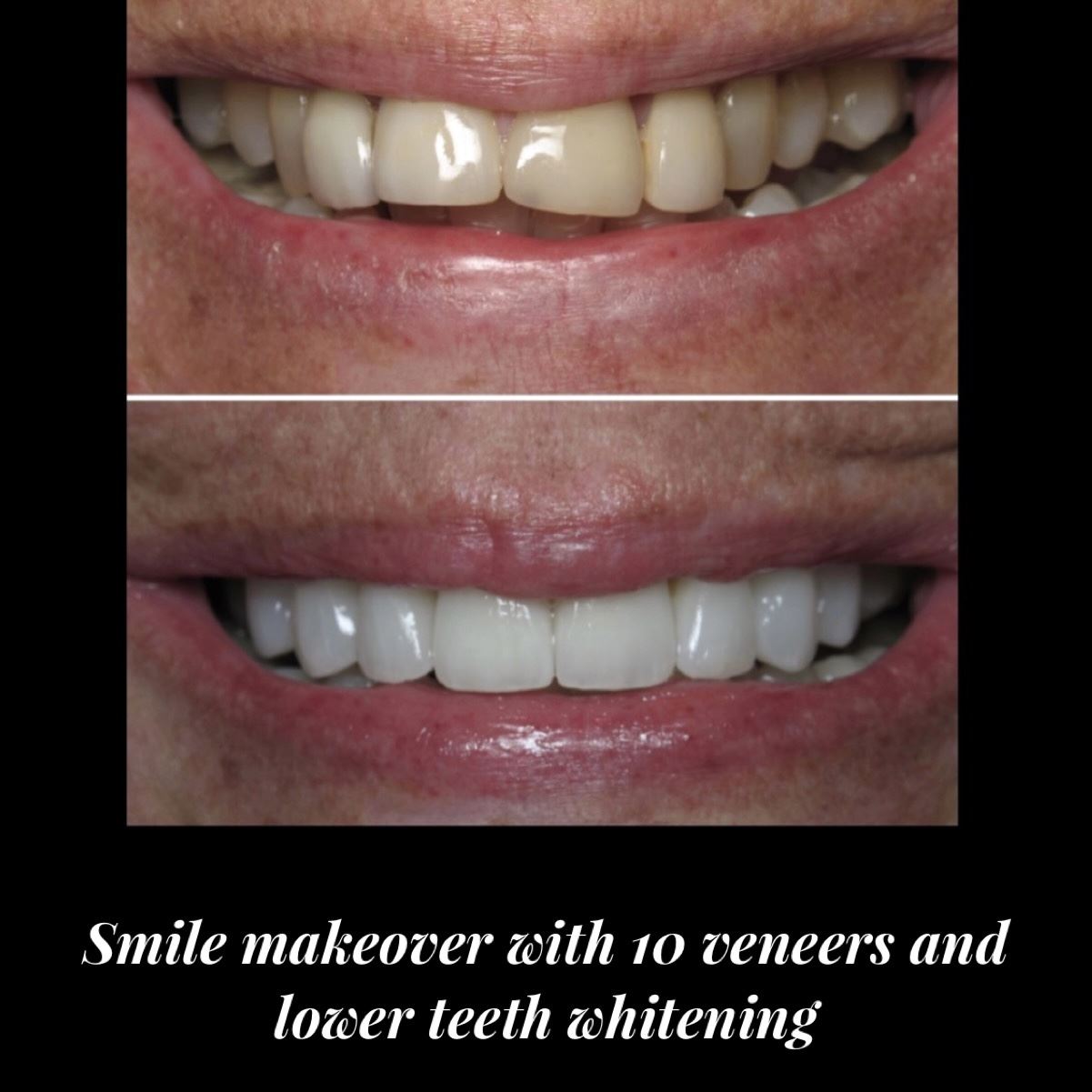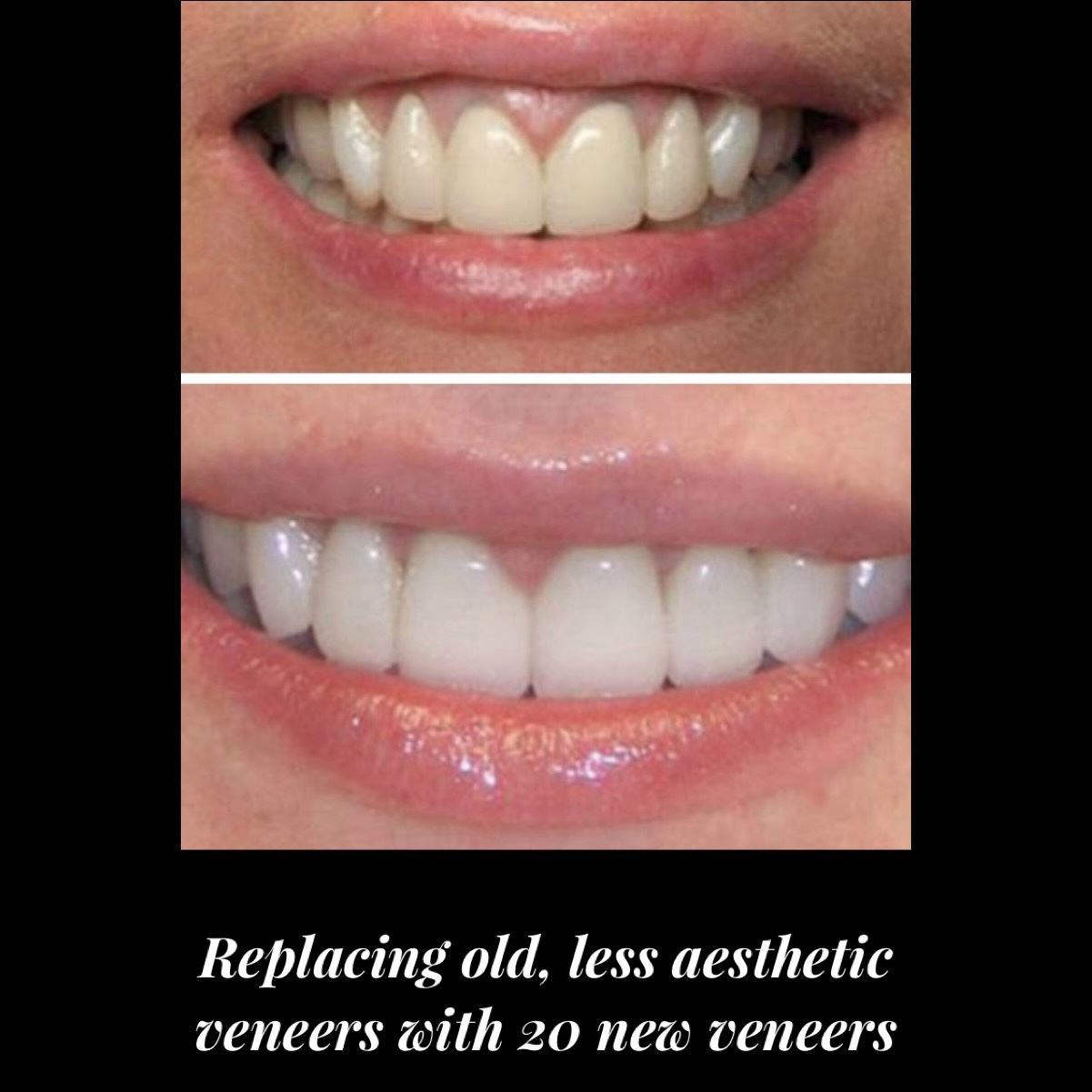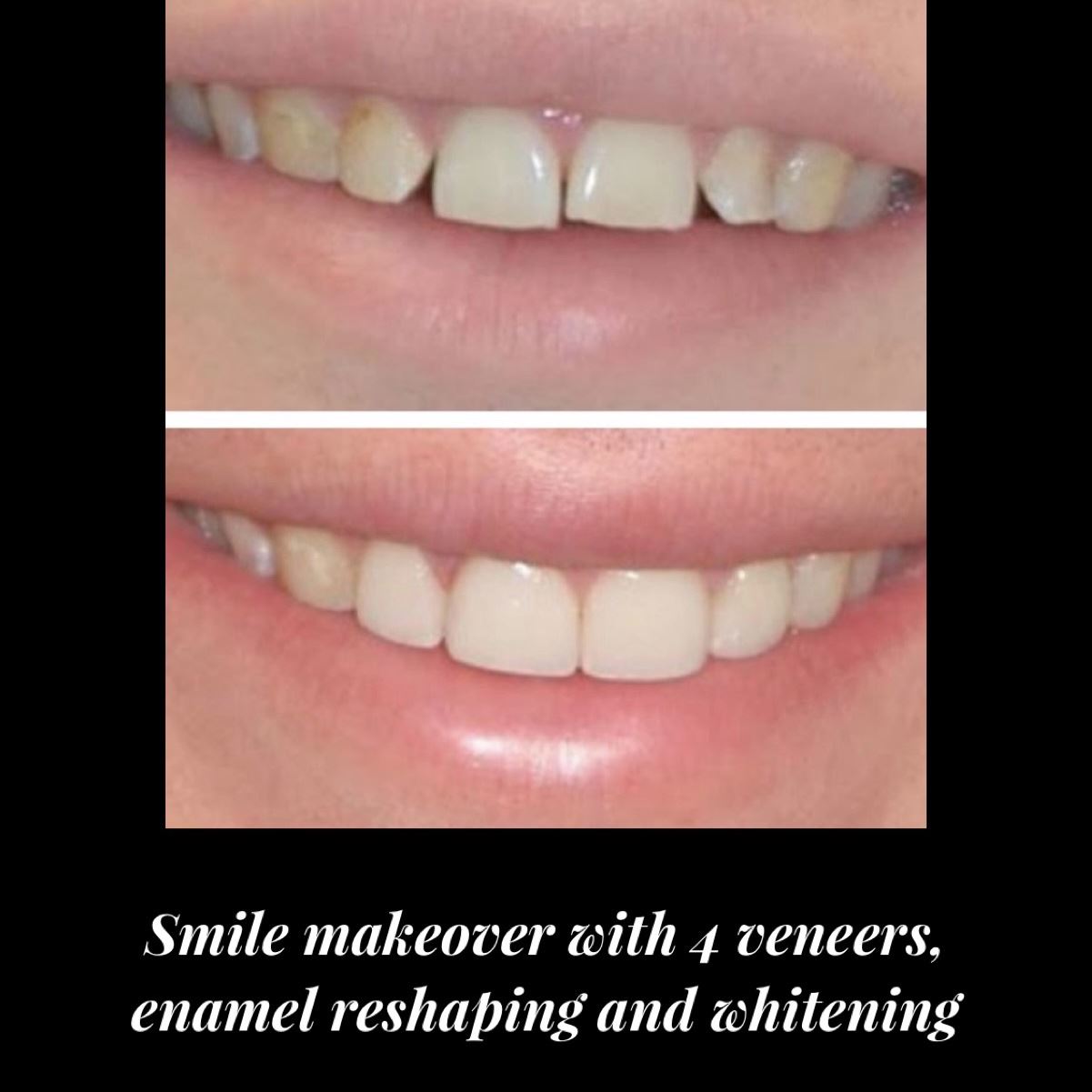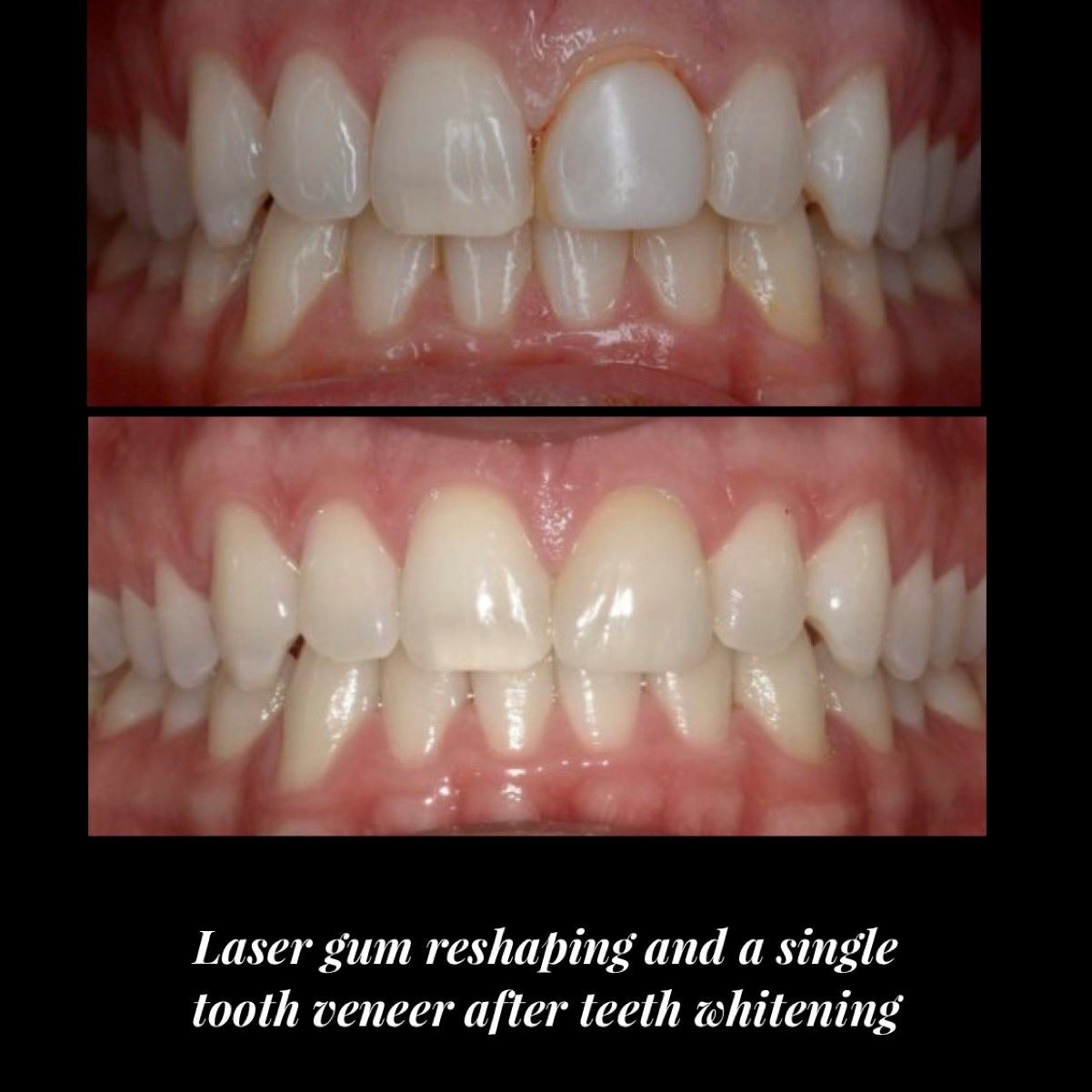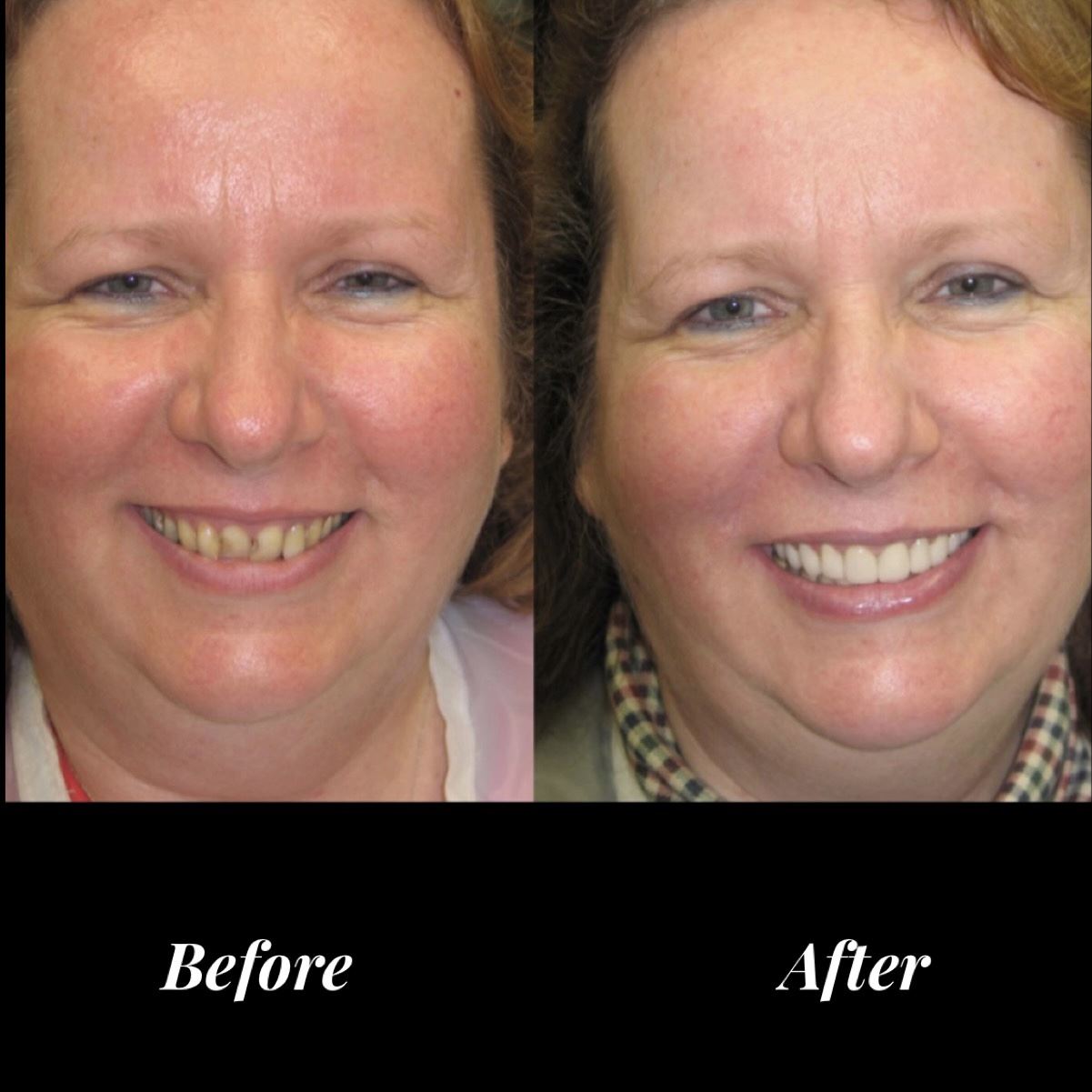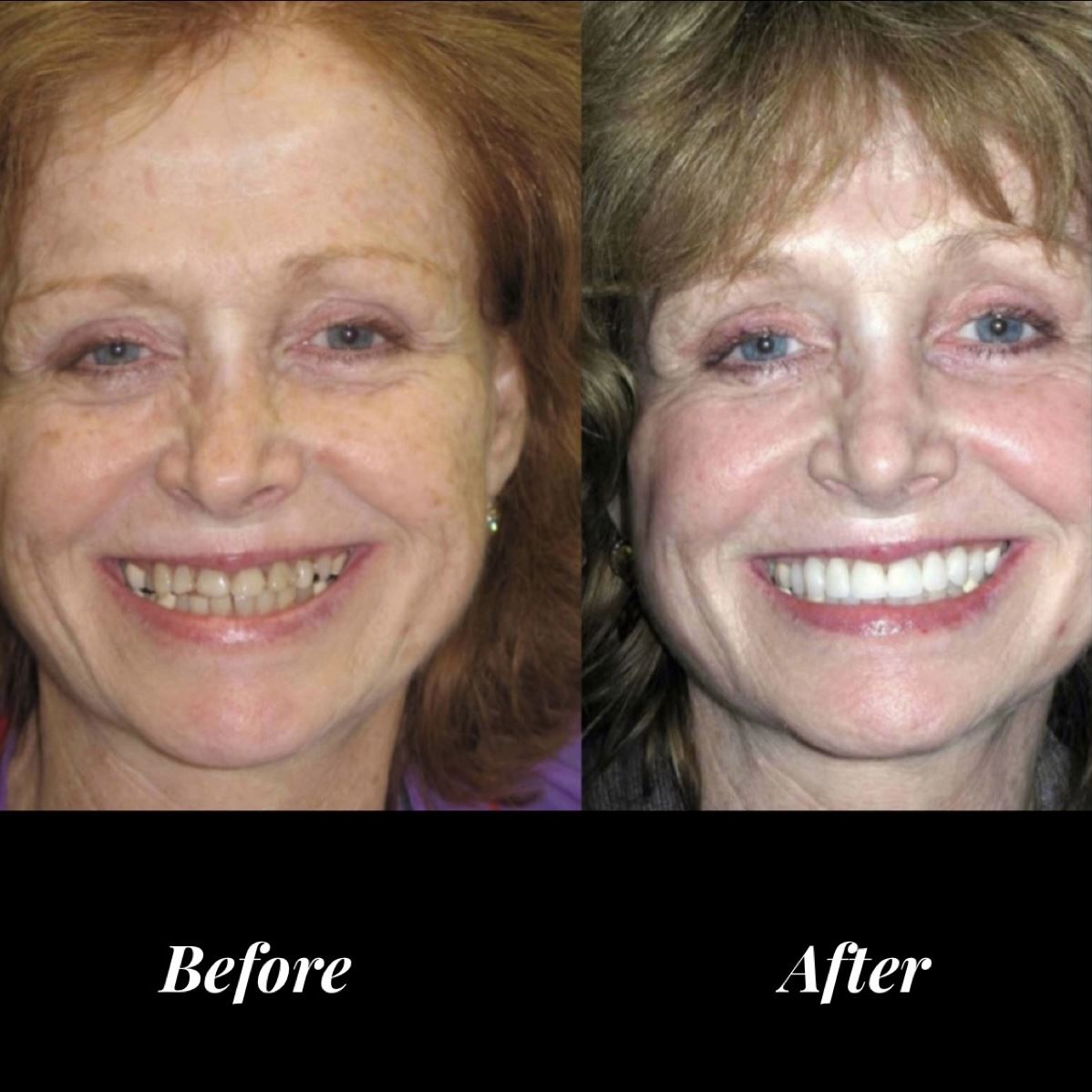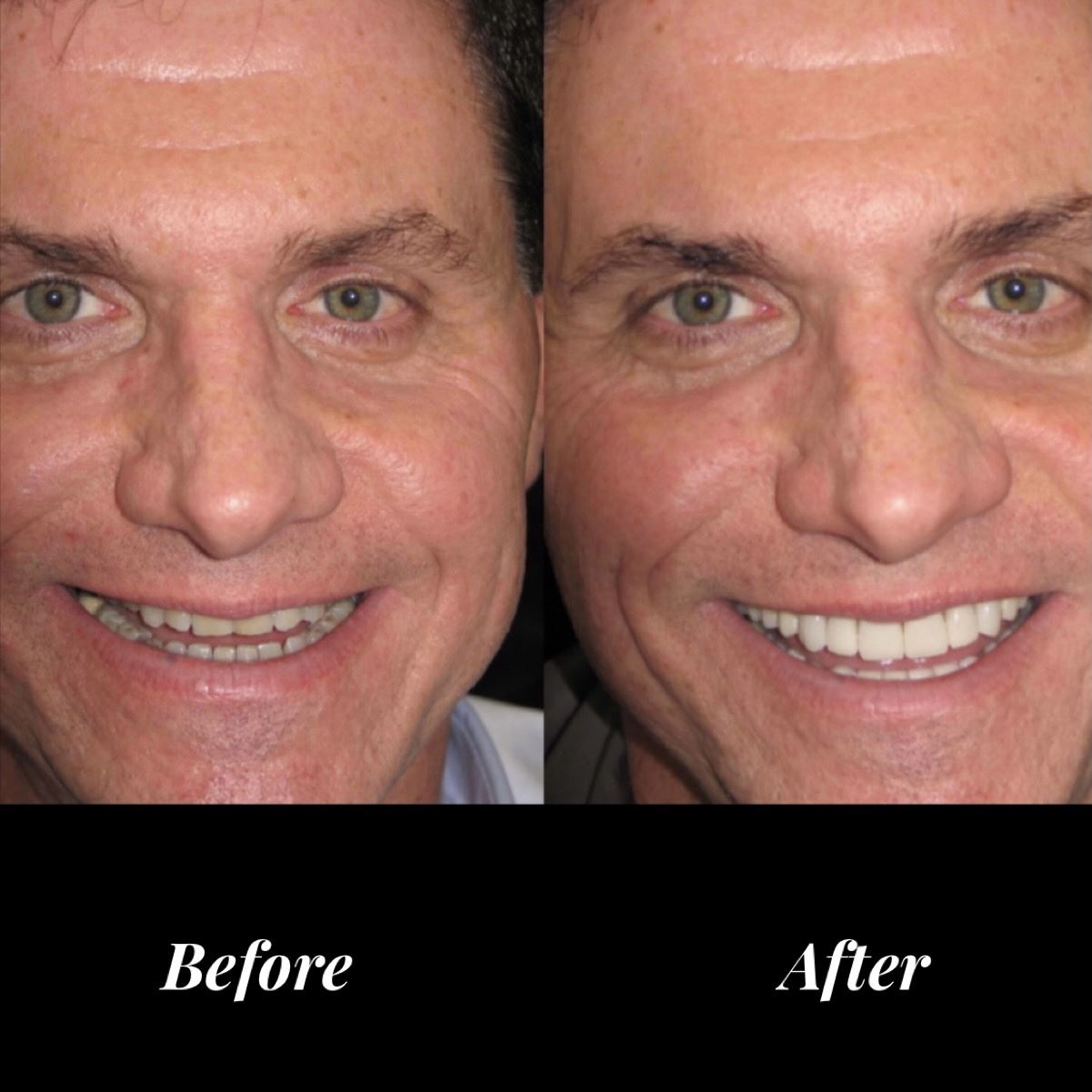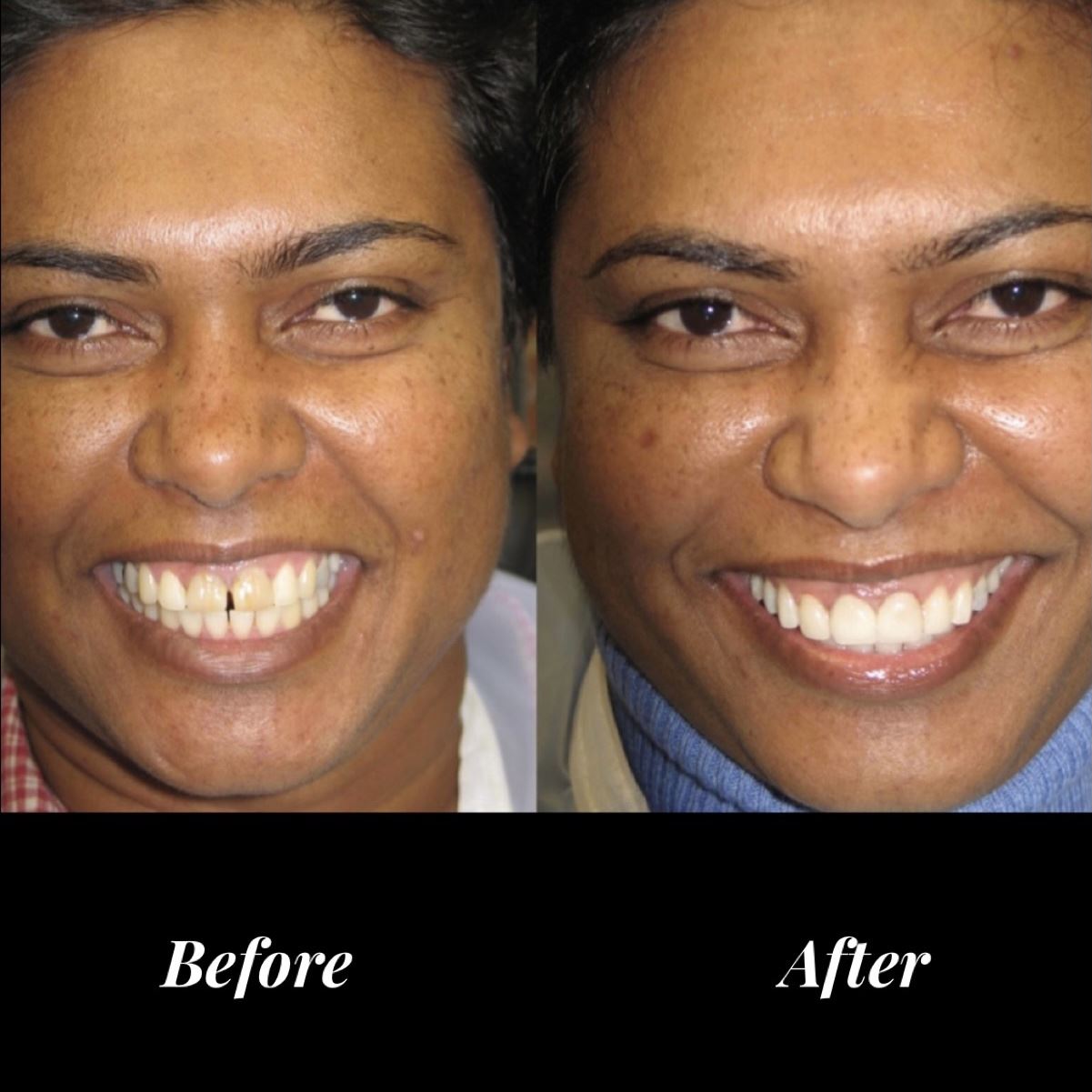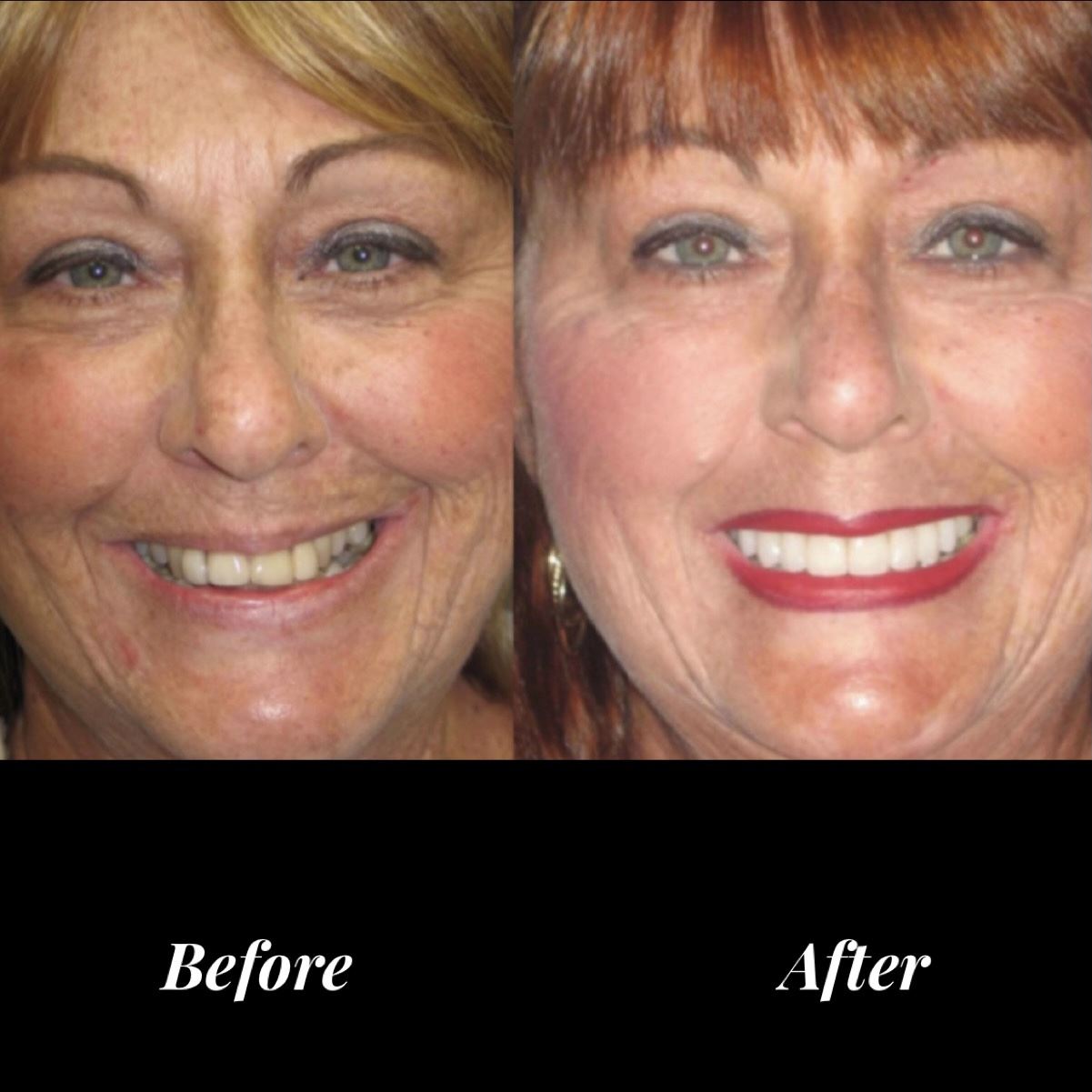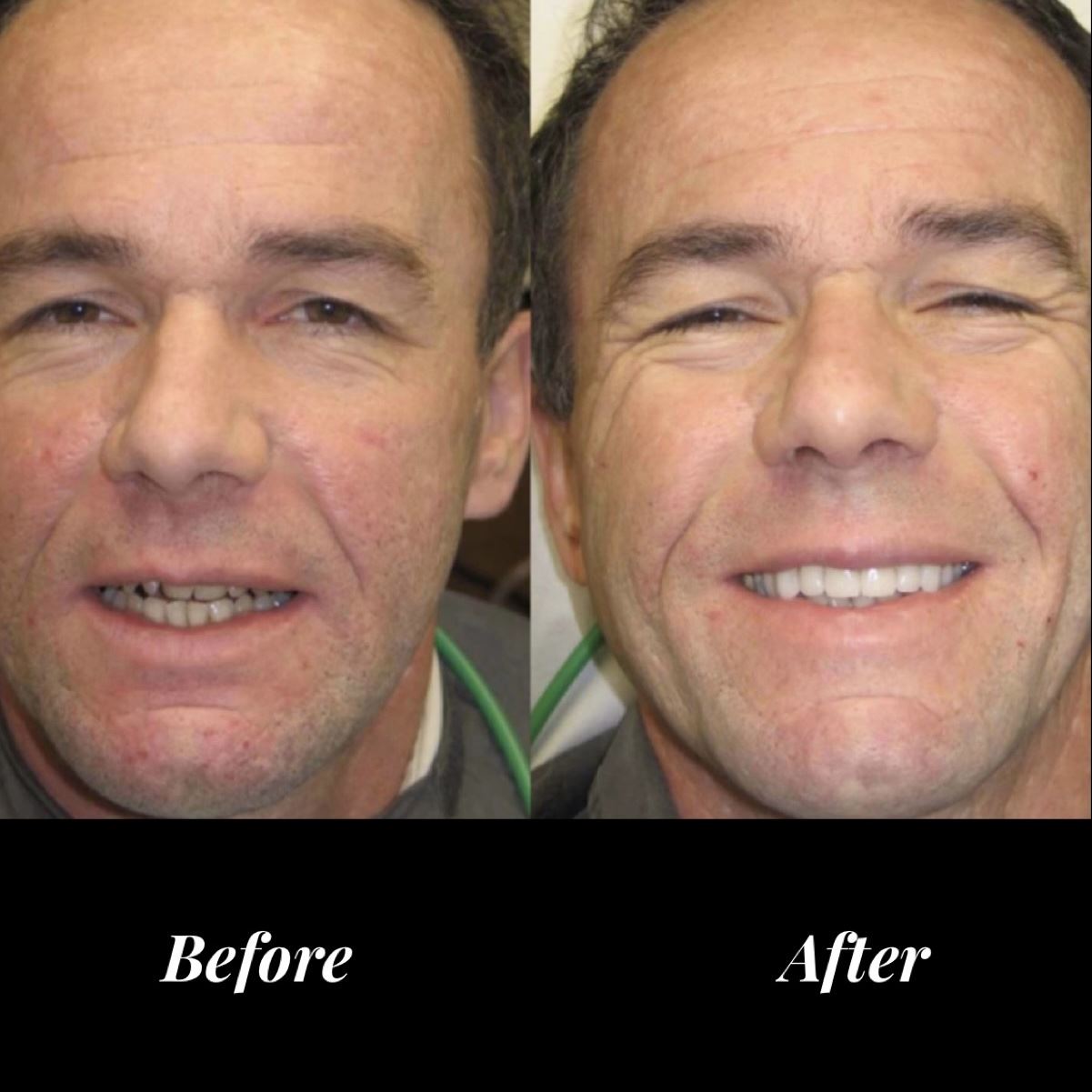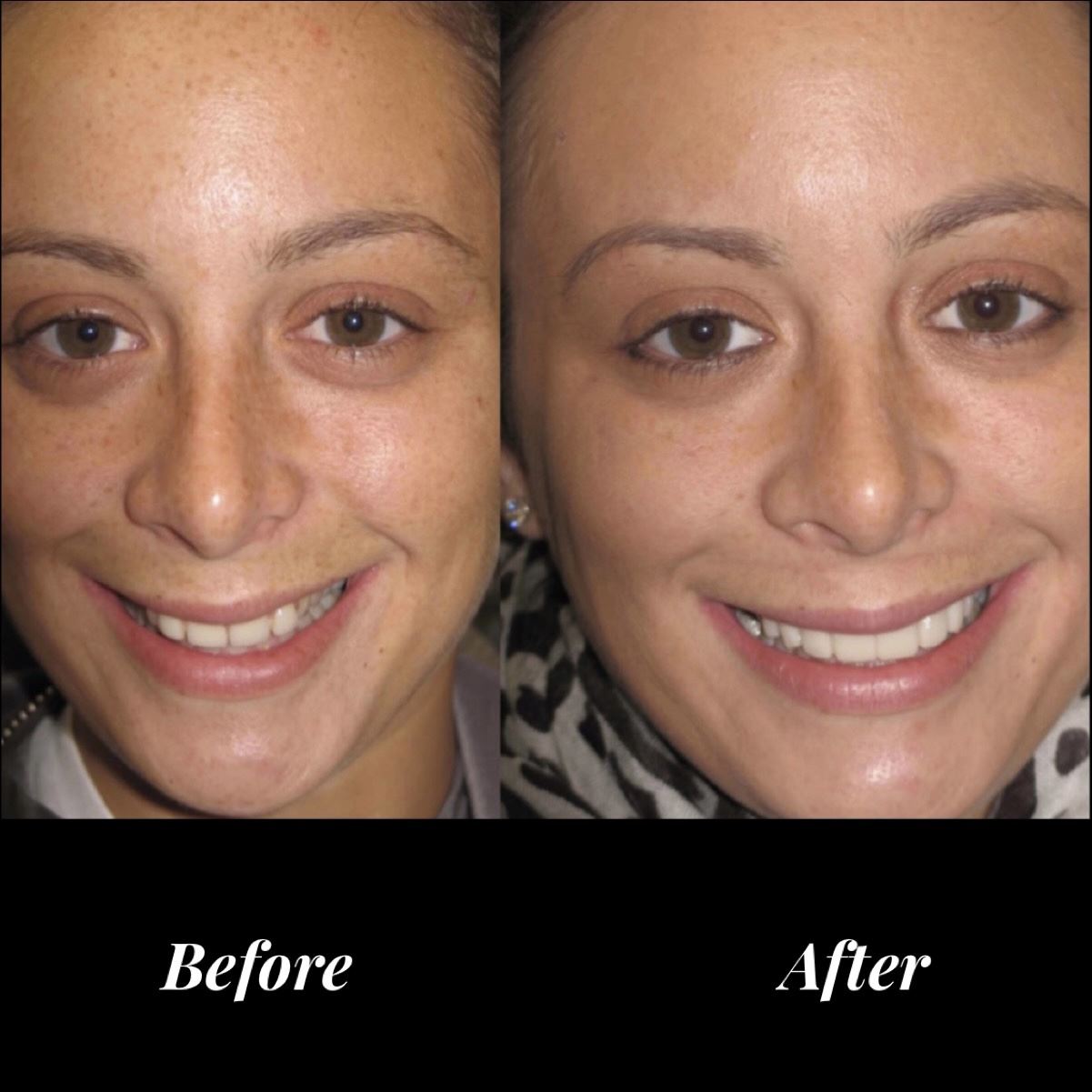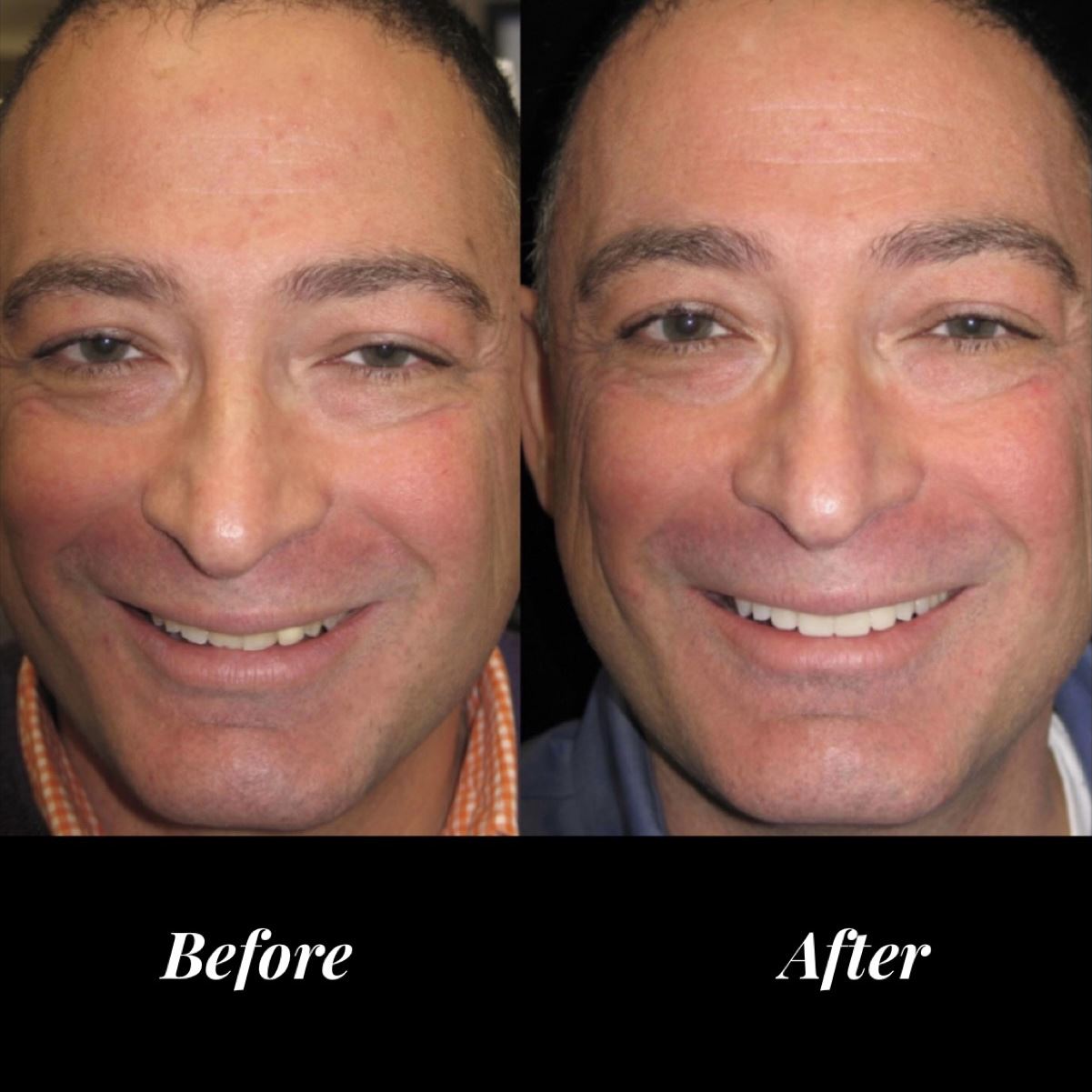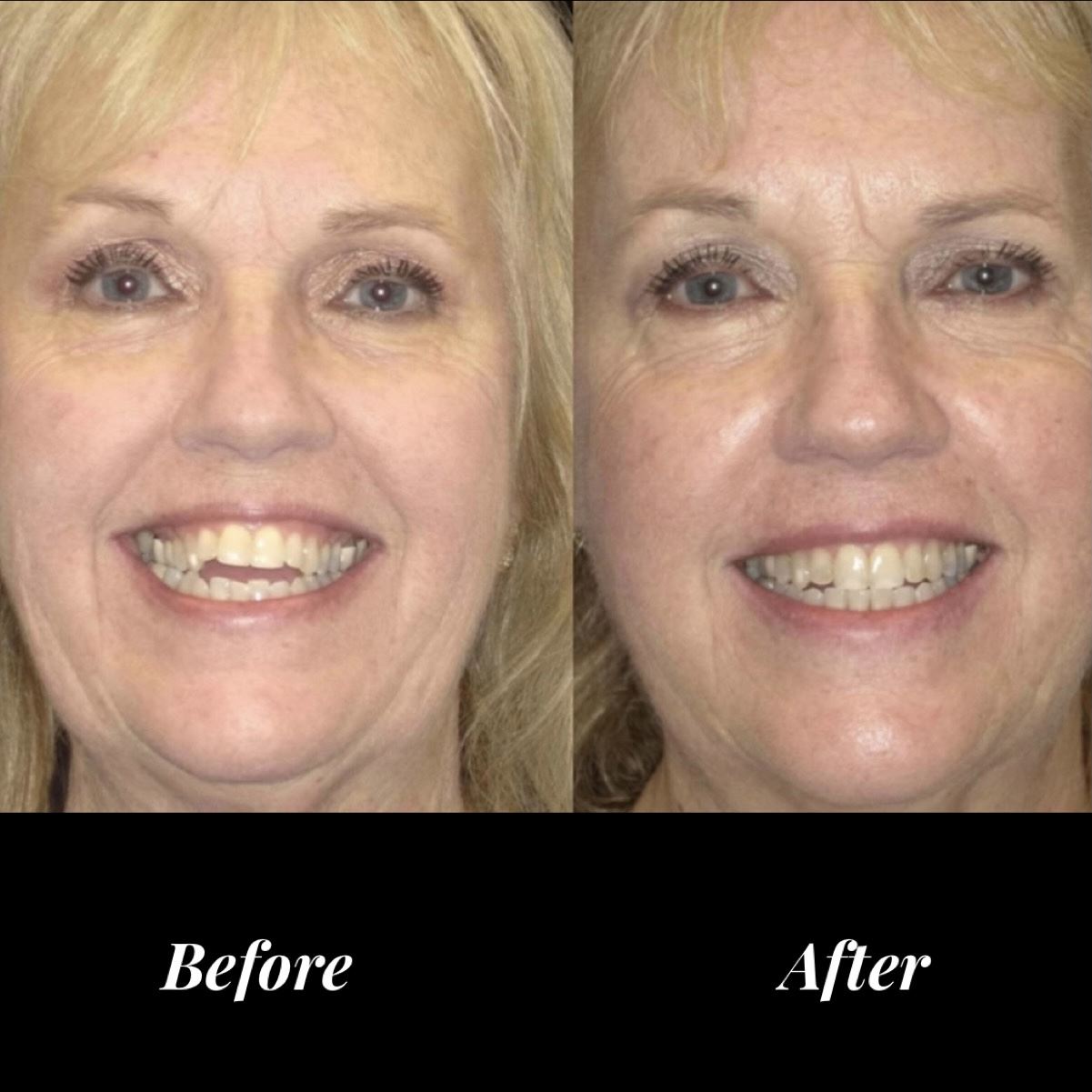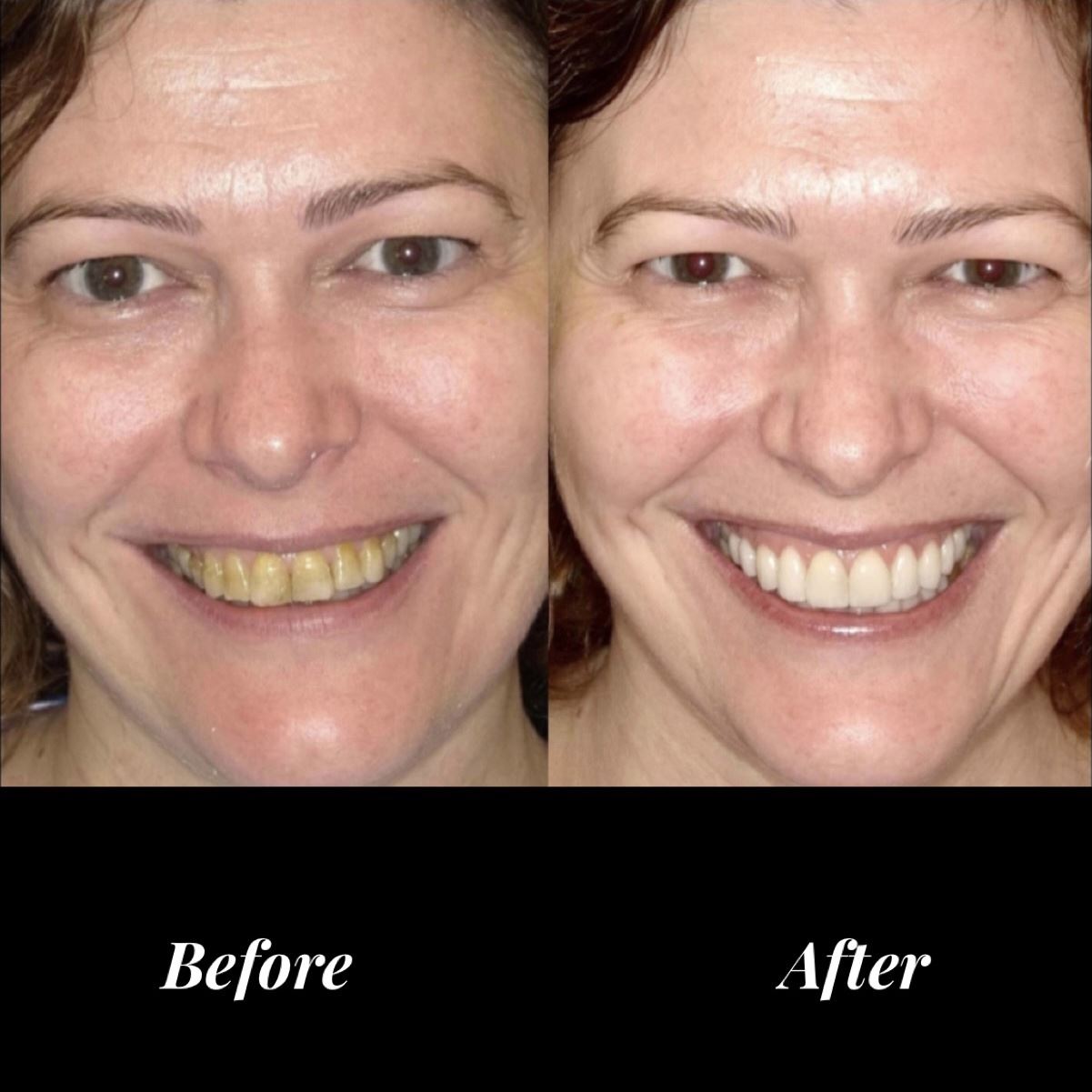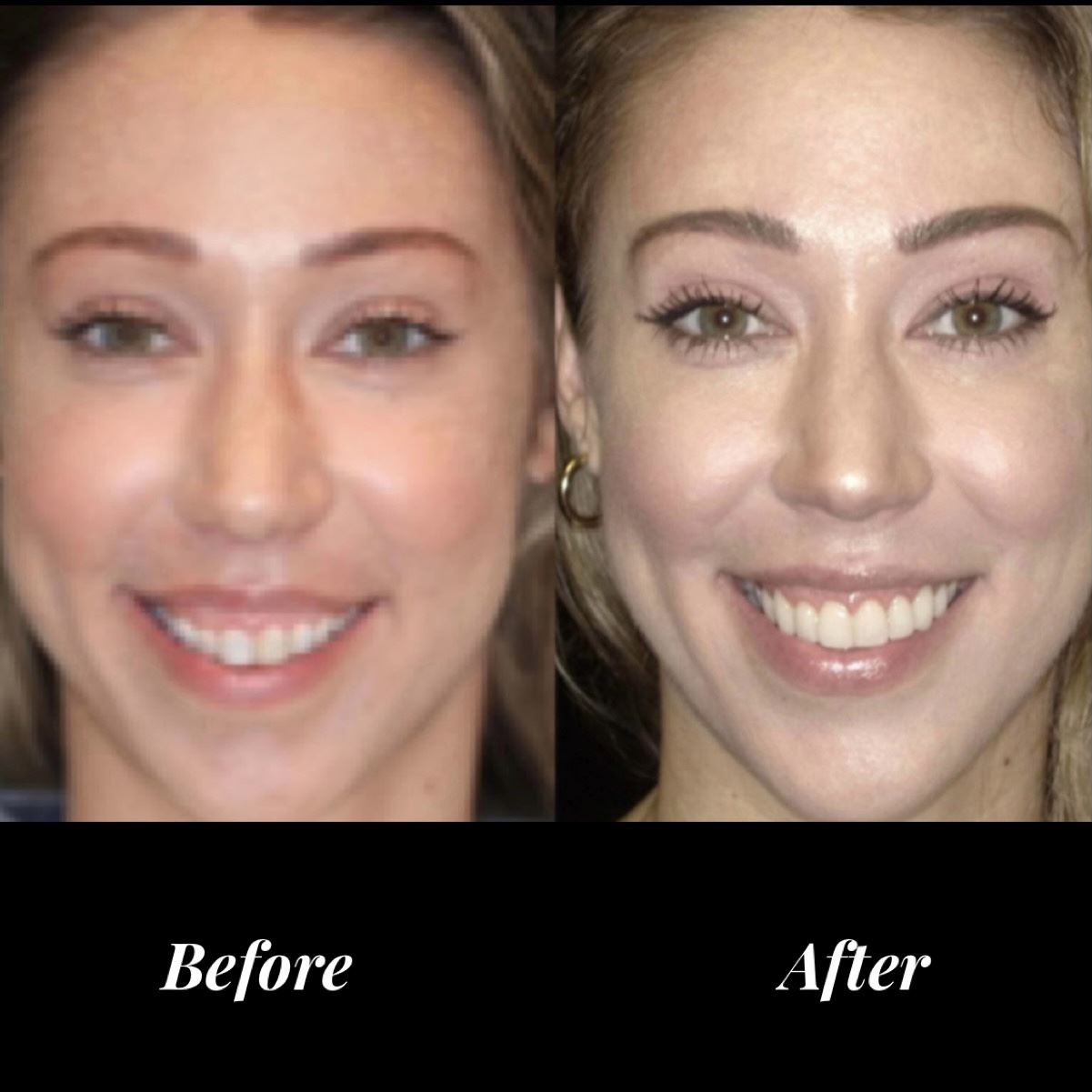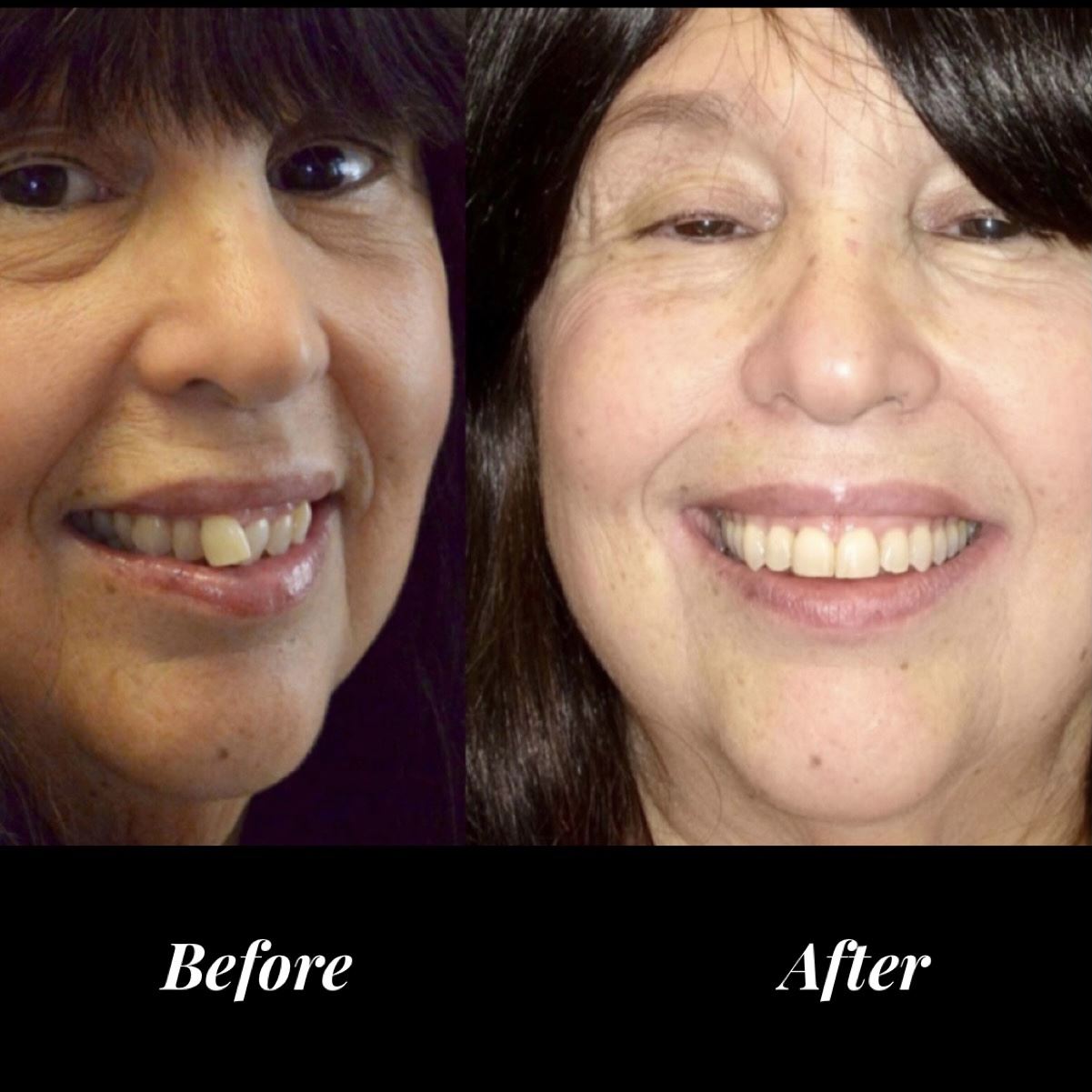
Tooth Extraction in New York City
Safe and Effective Tooth Removal in Midtown East, Upper East Side & Surrounding Areas
Tooth extractions are performed when patients experience cases like impacted wisdom teeth, dental trauma, decay, or advanced periodontal disease. Dr. Marc E. Lazare and his highly trained staff are proud to be one of the top dental practices in the areas to offer tooth extraction, along with dental restoration through a dental bridge or implant.
Top Reasons for Tooth Removal in New York City
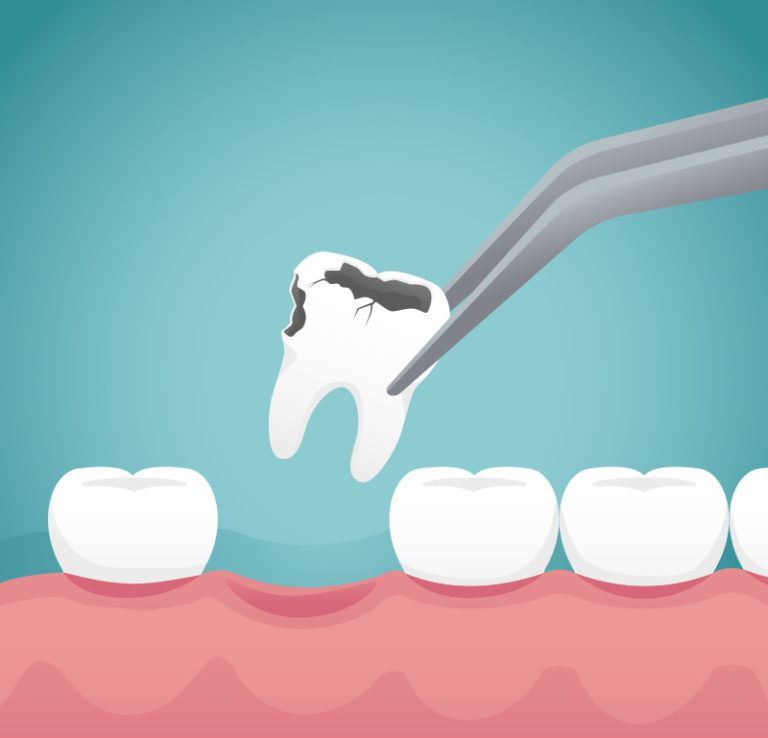
When tooth decay has progressed to the point where the bacteria reaches the root canal, soft tissues, nerves, and the pulp within the tooth’s central chambers, it cannot be saved and must be extracted.
Removing the tooth is important because it could damage the underlying bone and gum tissue if left in place. Dr. Lazare only recommends tooth extraction when necessary, and if the benefits outweigh the risk of complications.
Tooth extractions may be recommended to:
- Prevent the spread of tooth decay
- Stop pain and discomfort
- Avoid future complications
Who Needs a Tooth Extraction?
Healthy patients who experience severe dental problems caused by advanced decay, a root canal infection, or gum disease are ideal candidates for tooth extraction. Dr. Lazare is an advocate for protecting the tooth structure whenever possible. In some cases, tooth decay destroys a healthy tooth, and there is not enough healthy tooth structure to support a dental restoration. In severe cases like this, the tooth must be extracted.
Book Your Tooth Extraction Consultation
Individuals experiencing tooth pain can schedule an emergency consultation with Dr. Lazare at his office. Dr. Lazare also offers virtual consultations via Zoom, Go To Meeting, or Facetime when patients who cannot visit the office.
Dr. Lazare will review the patient’s dental records, possibly take digital x-rays, answer any questions, and discuss different options. He provides each patient with a comprehensive dental plan that addresses their problem and will produce a healthy smile.
Understanding the Tooth Extraction Procedure
Pre-Extraction Guidelines
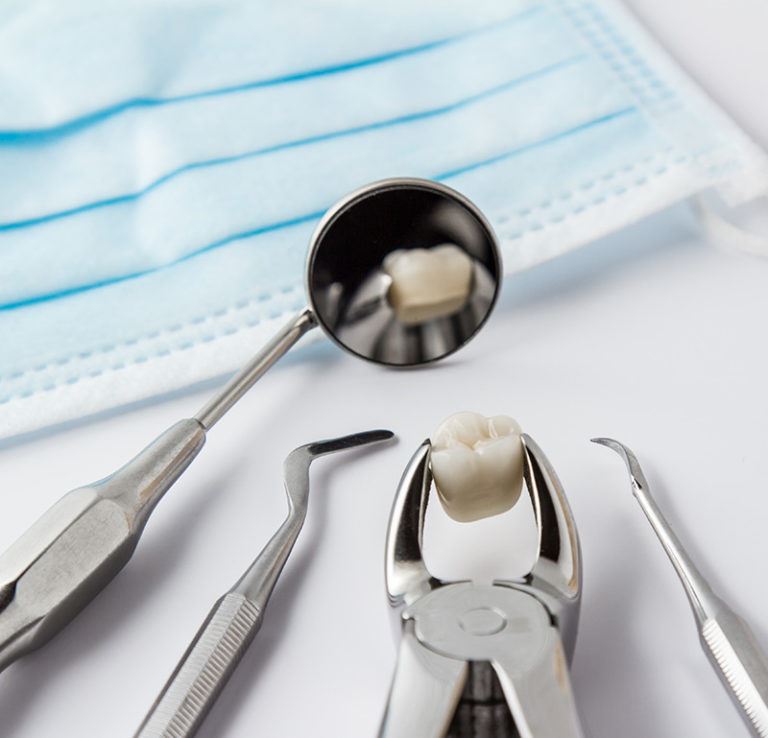
Dr. Lazare provides each patient with pretreatment instructions:
- The patient must tell the doctor about any health conditions and provide a list of all medications, over-the-counter drugs, and supplements.
- The patient should not eat or drink six to eight hours before the appointment if they are receiving intravenous anesthesia.
- Patients must notify the dental office if they experience cold or flu-like symptoms, fever, nausea, or vomiting in the days or night before the procedure, as they may need to reschedule.
-
Simple vs. Surgical Tooth Extraction
The tooth extraction procedure typically falls into two basic categories: Simple or surgical. Local anesthesia or IV sedation ensures the patient is comfortable.
Simple tooth extraction involves the removal of a visible tooth that is decayed or badly damaged.
Surgical tooth extraction involves removing a tooth that is not visible because it broke or never emerged.
Dr. Lazare will explain the details of the procedure during your consultation, depending on what option is best for you.
Post-Extraction Care and Recovery
Dr. Lazare provides each patient with guidelines that will improve the recovery speed. The first step is to gently bite on a piece of gauze until a clot forms. Place an ice pack on the cheek after the procedure for 10-minute intervals to reduce swelling.
During the first day, the patient must avoid irritating the area. Rest until the anesthesia wears off to prevent swelling. Eat soft or pureed food and avoid hot liquids for the first 24 hours.
Do not chew any food, do not use a straw, and do not smoke. Drink plenty of water and take the oral antibiotic prescription if one is prescribed.
After the first 24 hours, patients can eat a wider variety of foods but must avoid chewing near the tooth extraction. The patient must gently rinse their mouth with salt water after eating.
Potential Complications After Tooth Removal
Tooth extractions are associated with some side effects and risks, including inflammation, pain, bleeding, bruising, dry socket, and infection. Dr. Lazare explains the risks and benefits of a tooth extraction with the patient before the procedure. The benefits likely outweigh the slight possibility of complications. Dr. Lazare only recommends tooth extraction when it is necessary.
Ready for Relief? Schedule Your Tooth Extraction
Dr. Lazare offers patients hope when traditional dentistry has failed them.
Contact the office at (332) 334-8290.


Frequent Simple Tooth Extractions Questions
-
How Many People Are Born With Extra Teeth?Extra teeth (referred to as supernumerary teeth), occur approximately 2% of the time in the adult set of teeth, and less than 1% in the child’s first set of teeth. Most of these extra teeth (about 90%) will occur in the upper arch of teeth (maxilla). Supernumerary teeth may also be referred to as polydontia or hyperdontia, with the most common type being the mesiodens (an extra tooth that tends to form between and just inside of the upper two front teeth. Most of the time, these extra teeth don’t even come through the gums, and they are discovered when taking an x-ray in that area. Other types of supernumerary teeth include the rare fourth molar (also referred to as paramolar or distomolar). Multiple supernumerary teeth are very rare in people that don’t have any syndrome or disease associated with it. It is more common to be missing certain teeth, than to develop extra teeth.
-
How Long Should I Wait to Get a Dental Implant?You probably want to have your tooth replaced as soon as possible for aesthetic reasons, but you will typically need to wait a minimum of 10 weeks before getting an implant. Exceptions depend on your oral health. Dental implants are designed to last a lifetime and have over 95% success rate. Jaw bone typically shrinks when there is a missing tooth, but an implant mimics the natural root and stimulates the jaw bone for optimum health. Dental implants provide a foundation for a natural-looking crown.
-
Can Biomimetic dentistry save my tooth?Biomimetic dentistry utilizes conservative approaches that restore the tooth’s natural function and strength. In many instances, root canals and tooth extraction can be avoided with the use of biomimetic dentistry. Biomimetic dentistry only removes the damaged tooth and decay. Though, if the decay is too extensive, the tooth must be extracted.
-
Can Dental Sealants Prevent Tooth Loss?Sealants take a few minutes to complete. The treatment can be applied to spotless teeth without decay. If there are any signs of decay in the teeth’ groves, it is removed before the sealant is applied. Any adult can benefit from sealants because it makes cleaning food and plaque easier and provides an extra defense line against tooth decay. A sealant is a tool used to prevent tooth decay.
-
Do I Need to Have My Wisdom Teeth Extracted?Wisdom teeth should not be extracted unless they are causing issues or pain. Dr. Lazare will examine your wisdom teeth to determine if they are impacted or causing problems with your nearby teeth. You should probably maintain and clean your wisdom teeth so they can remain healthy and viable.
-
What Other Options Do I Have Instead of Tooth Extractions?Patients may lose a tooth if they don’t take proper care of their teeth while there are still options. That’s the role that Dr. Lazare plays in dental care. As an accomplished biomimetic dentist, Dr. Lazare focuses on preserving the tooth’s natural healing properties, and he avoids extraction and root canal whenever possible. If a tooth extraction is needed, Dr. Lazare is a cosmetic dental expert who specializes in smile makeovers, bridges, and implants to preserve your smile.
-
I had a tooth that I thought was beyond repair after a root canal and after doing a lot of research on the best biomemetic dentists in the country, I found Dr. Marc Lazare. He built up the tooth without having to extract it or install an implant. It was ab
- Kevin F.

to Get Started? Call Us at 332-334-8290 or Schedule Your Next Visit
-
Monday: 8am - 5pm
-
Tuesday: 8am - 5pm
-
Wednesday: 10am - 7pm
-
Thursday: 8am - 5pm
-
Friday: 8am - 5pm
-
Saturday: 9am - 6pm
-
Sunday: Closed

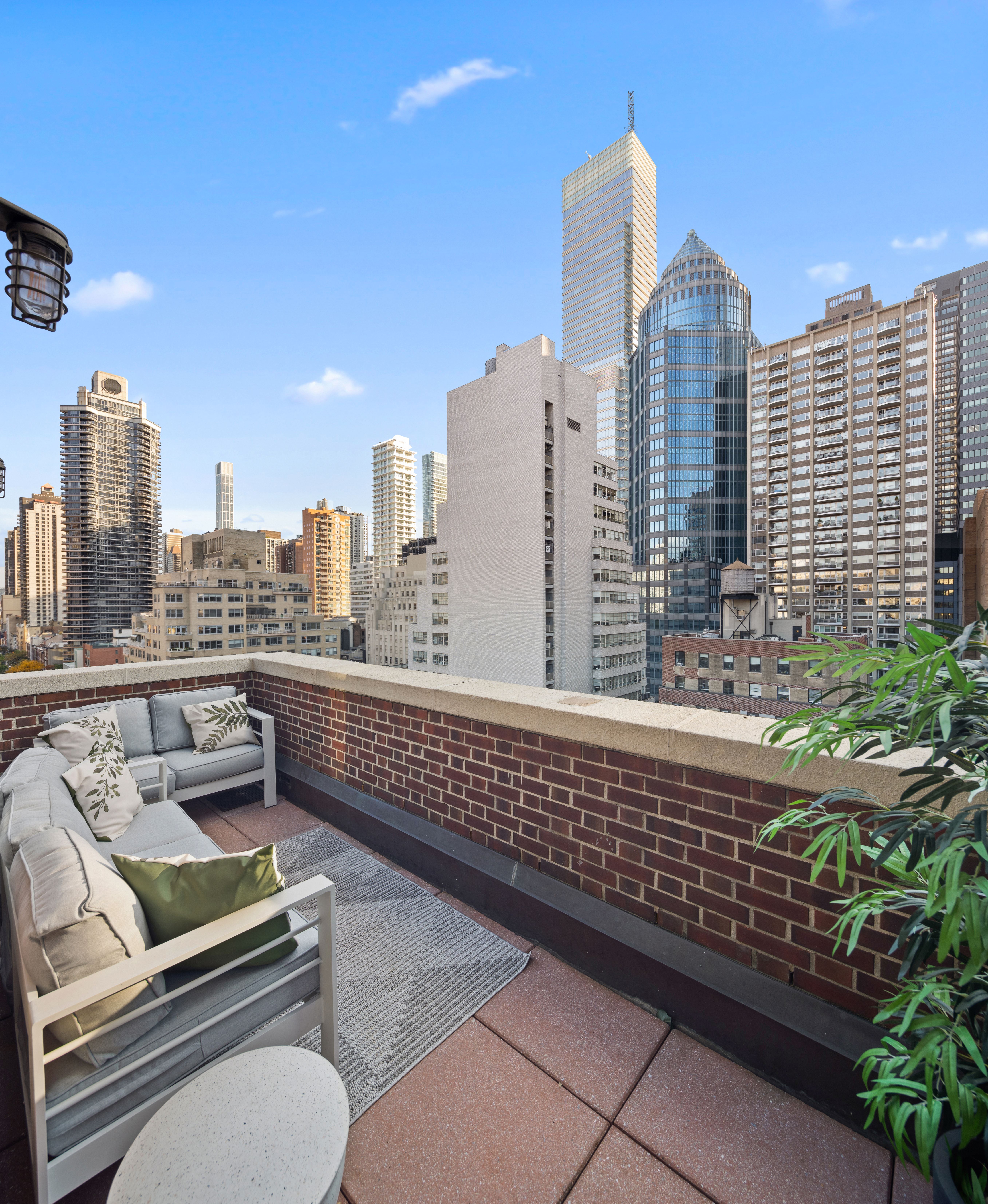

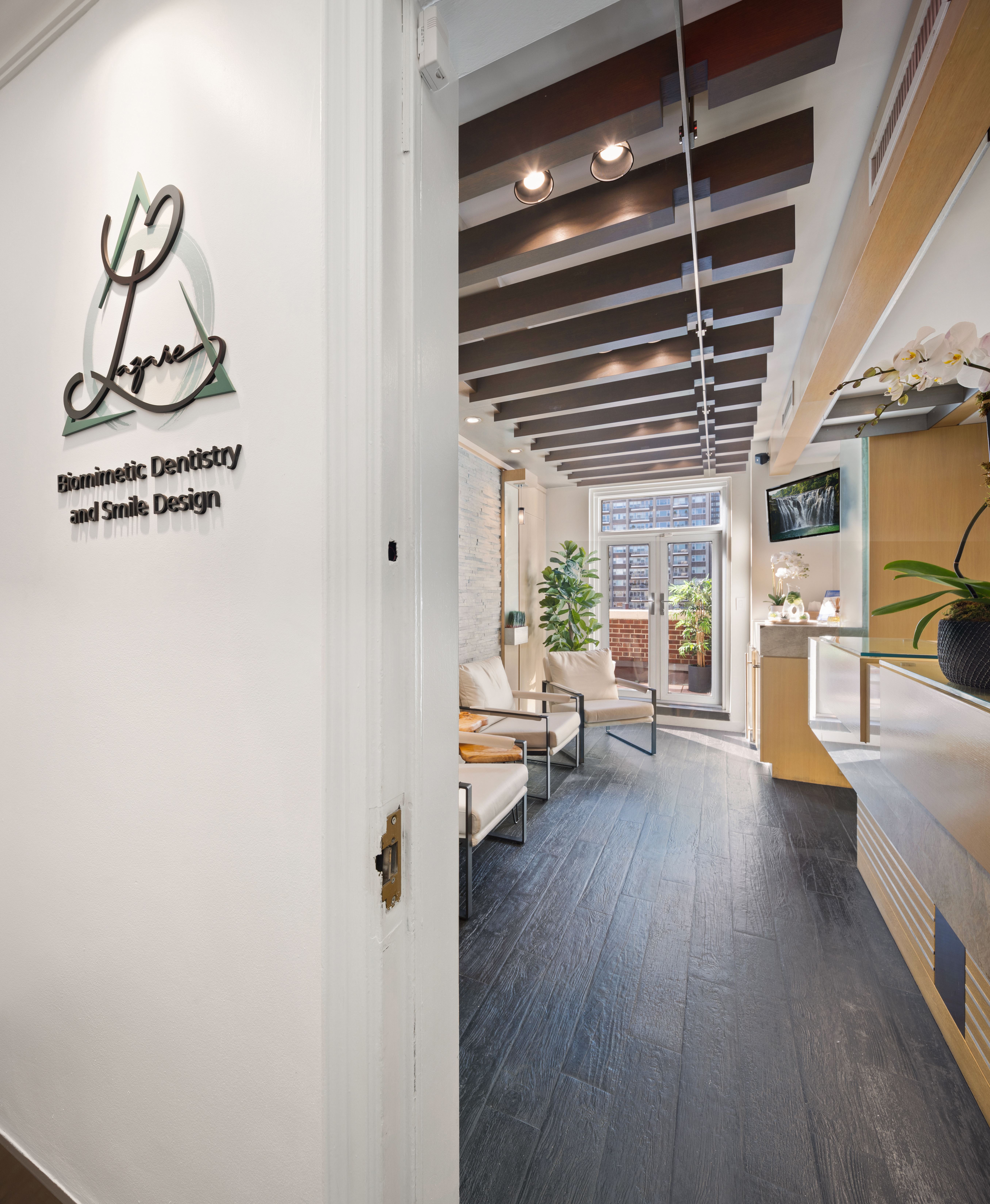
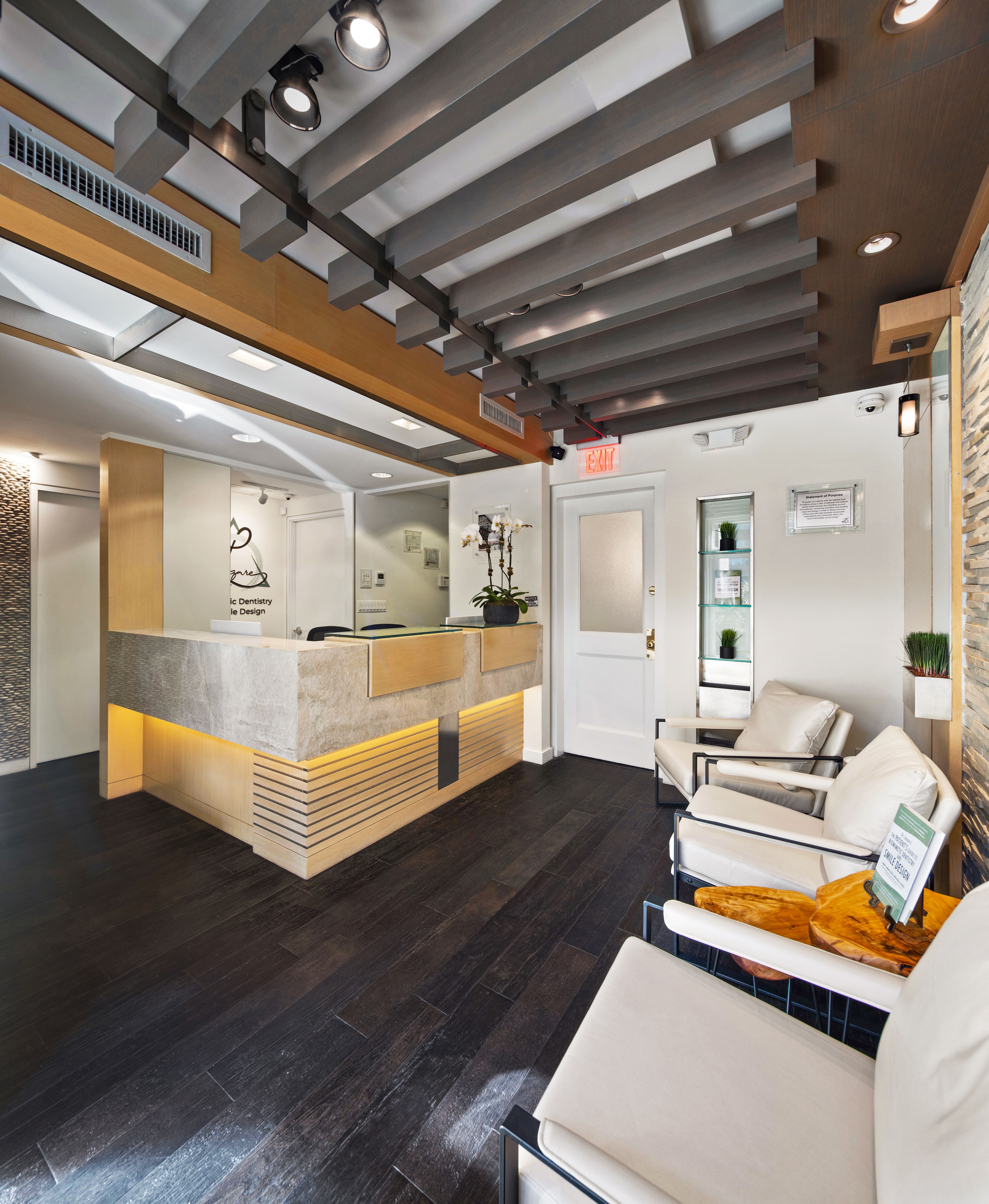
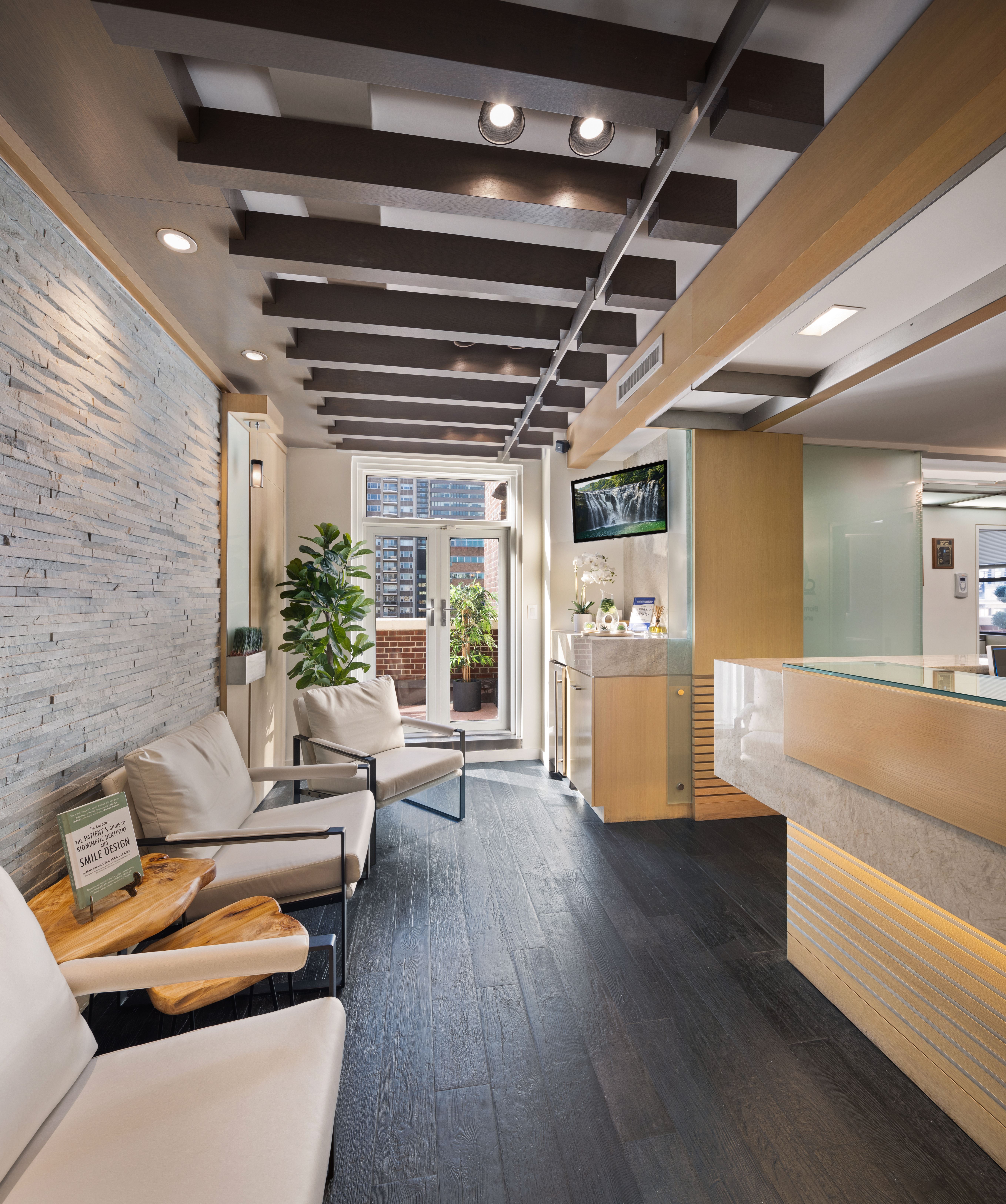

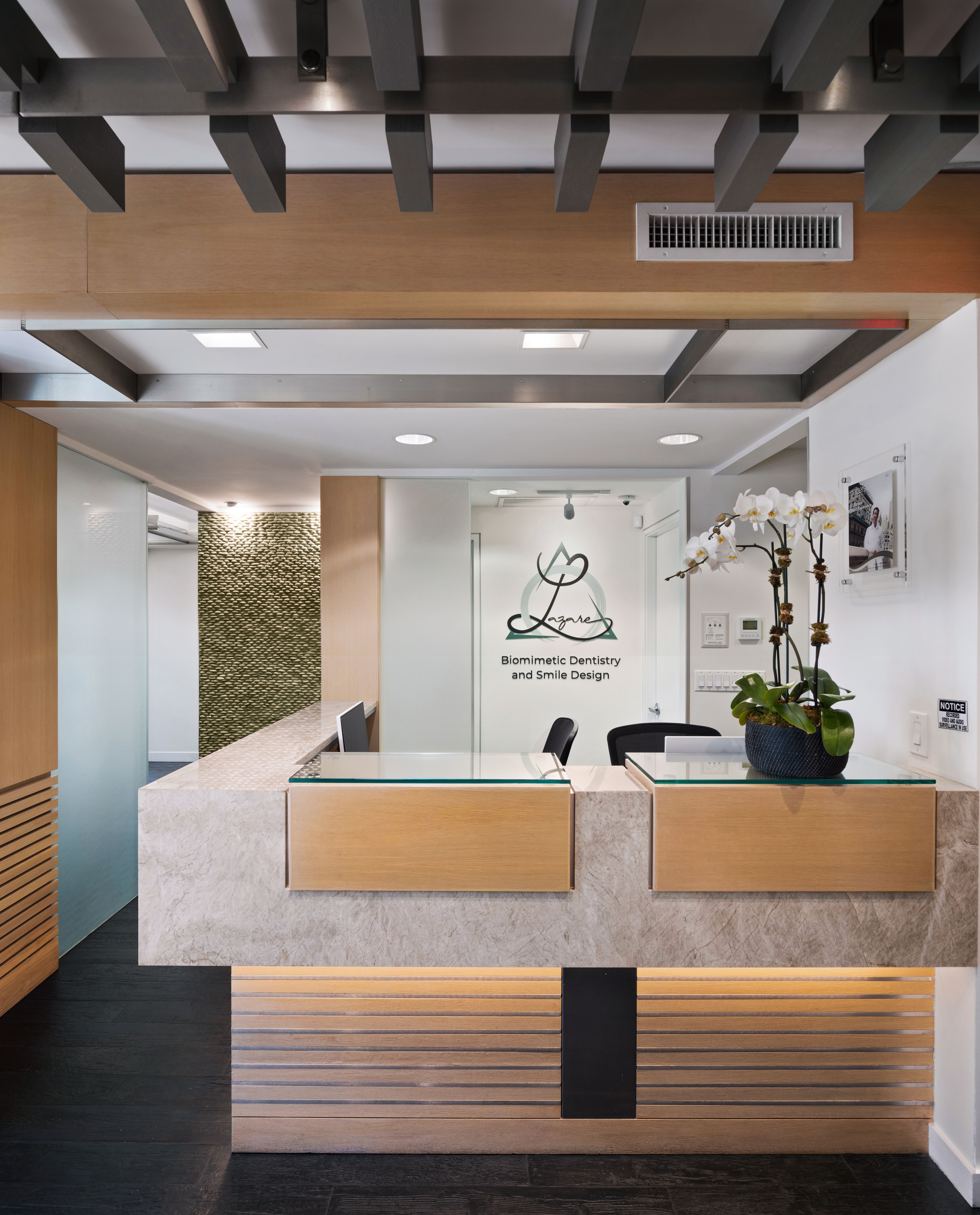
.2303091042550.jpg)
.2303091042550.jpg)
.2303091042550.jpg)
